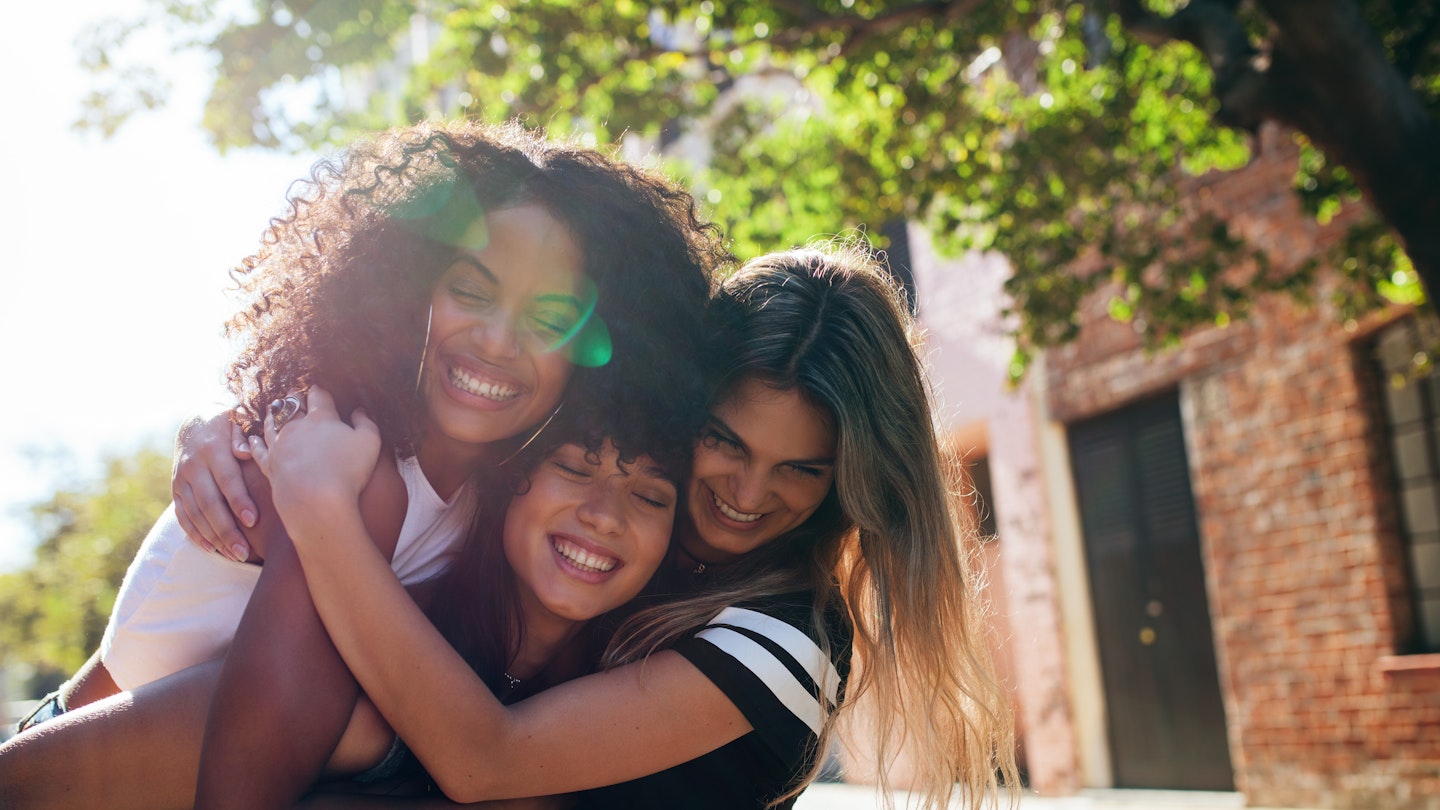Ah, January. Traditionally the time of ‘new year, new you!’ headlines, diet books and extreme exercise plans. But I think I speak for all of us when I say: no, not this January. After the year we’ve had, nobody should be considering self-inflicted deprivation or a punishing regime right now. Having said that, many of us are finding our self-esteem at an all-time low. We’re seeing a lot of our own faces on endless video calls, which can lead to obsessing over perceived flaws (known as ‘zoom face’), and lockdown comfort eating has proved the ‘corona stone’ is real.
If your less-healthy habits are taking over, know that you are not alone. ‘Many of us have a toolkit of strategies for things like stress, boredom and anxiety,’ explains Shahroo Izadi, author of The Last Diet. ‘If your toolkit usually includes going to the gym near work and connecting with colleagues, as well as wine and junk food, it’s understandable that the most accessible strategies would be on heavier rotation right now.’
But it becomes a vicious circle because, the less confident you feel, the less inclined you are to make healthy choices. Dr Rangan Chatterjee, whose new book Feel Great Lose Weight is out now, says we need to flip it around and think about how to make ourselves feel good. ‘If we focus on the number on the scales, we miss the big picture,’ he says. ‘I want people to have a better understanding of themselves so that they can make changes to improve their self-esteem.’ Right, so, where to start?
Emotional Eating
Research has found that 45% of us eat more in response to stress. Add those of us who overeat in response to boredom, anxiety and loneliness, and that’s most of us our lockdown feelings covered. This is why traditional diets simply don’t work. ‘Do people need to be told that eating chocolate on the sofa while watching Netflix every night is not going to help them? No. It’s condescending,’ says Rangan Chatterjee. ‘For most of our evolution we've eaten to fill a hole in our stomachs. Now, we eat to fill a hole in our hearts.’ He suggests bringing awareness to your eating and working out what the feeling is behind it. Once you know: ‘I want to eat chocolate because I’m stressed,’ then you can predict that will happen again, and have a plan of action. It might be a walk around the block, a bath, calling a friend, or even a kitchen disco. ‘If you turn up the Spice Girls and dance for 10 minutes, you might not feel the need for chocolate because you’ve burned off that stress,’ says Rangan.
Shahroo Izadi agrees that, rather than focusing on weight, we should be challenging the unwanted behaviours that detrimentally affect our overall wellbeing. ‘What kind things do you intend to do for yourself once you’ve lost weight?’ she asks. ‘Start practicing them now. This reminds us that we are worthy of taking care of ourselves regardless of our weight.’
Screen Time
Moving much of our lives online has meant a huge spike in screen time, whether that’s examining your roots during a video call, or comparing your lockdown life to the person on Instagram with crafting skills and a kitchen island. ‘Perfectionist presentation is this idea that we present our best picture online,’ says Rangan. ‘We’re comparing the face that we see on Zoom every day to people's best versions of themselves. Rationally, we know this, but our subconscious doesn't know the difference.’ The answer, again, is awareness. ‘Think about why you’re doing it,’ says Rangan. ‘If you get off your work laptop and straight onto your phone and, three hours later, you’re feeling bad about yourself on Instagram, ask yourself why. Were you bored, frustrated, tired, or did you not get outside that day? It all plays in together.’
Work Confidence
As many of us struggled to acclimatise to working from home last year, one of the biggest challenges for introverted people has been making themselves visible in a virtual world. First of all, don’t panic. ‘Quietness can be powerful,’ says Annie Ridout, author of Shy: How Being Quiet Can Lead to Success. ‘We can be shy and quiet but also confident. Because confidence isn’t just about walking into a room and being able to talk loudly in front of a group of people. Confidence can also mean believing that you’re good at your job, or feeling that you’re succeeding in certain parts of your life.’
Chloe Brotheridge, author of The Confidence Solution, agrees. ‘Self-esteem has to do with our belief in ourselves,’ she says. ‘But, when our world gets smaller, we have fewer chances to challenge ourselves and remind ourselves of our abilities. Self-esteem can also be linked to our belief that we're worthy and good enough. If you've suffered a career setback, such as redundancy, this can take a hit too.’ She suggests finding new ways to challenge yourself, and even the smallest effort will pay off: ‘It could be attending an online workshop or simply getting outside and walking somewhere new. My aim is to keep expanding, even if it seems as though my world is shrinking.’
Having said that, don’t try to be someone you’re not. Who cares if you’re not the chattiest person in the virtual meeting room? ‘Shyness makes you more observant and empathic, and can give you an inner determination,’ says Annie. ‘If you’re shy, embrace it. There’s an attractive mysteriousness around shy people.’
Self-Care
This much-maligned phrase has been used to flog everything from candles to tea, but taking care of yourself is vital for self-esteem, because you’re letting your body know that you’re worth taking care of. First, Chloe Brotheridge advises you to set some boundaries. ‘That might mean telling your manager that, even though you're WFH, you're not checking emails after 7pm,’ says Chloe. ‘Boundaries help to protect your energy and stop you from feeling resentful.’ Of course, this is not always easy, but make the choice that your emotional wellbeing is worth it. One tip we’ve heard a million times is to speak to ourselves as we would a friend. ‘I've found that we need this reminder again and again,’ laughs Chloe. ‘If you're struggling, imagine what you would say to a friend in your position. Being kind to yourself cushions you against setbacks, and gives you resilience to move forwards with confidence.’
Another simple thing that can make a big difference is dressing comfortably. ‘My main value in life is comfort,’ admits Annie Ridout. ‘I’ve found that, when I wear comfortable clothes, I exude confidence. Dressing comfortably means you won’t be fiddling with a too-tight waistband or buckle digging in and, instead, can focus on the conversation. And comfortable doesn’t have to mean boring. It can be colourful and patterned, but still feel good to wear.’
Movement
Research has now disproved the outdated idea of ‘calories in vs calories out’, which had millions slogging away on treadmills hoping to burn off fat. In fact, if you force yourself to do exercise that you hate, then your stress response can actually mean that your body holds on to fat (yes, really). But if you think that means there’s no point doing any exercise, hold up: ‘Movement is vital because of how it makes you feel,’ says Rangan. ‘It boosts your self-esteem. I want people to move to feel good about themselves, not to burn off calories.’ The trick is to find something you actually enjoy. It might be yoga, dancing or maybe you genuinely love getting a HIIT sweat on. Whatever it is, make sure that it feels right for you. If you still don’t feel you have the time or energy, Rangan recommends making it as easy as possible: ‘Try keeping a dumbbell in the kitchen so, while the kettle’s boiling, you can just lift it a few times. You’ll feel better about yourself,’ he promises. 'Do it for your mental health.'
Sleep
We know sleep is important, but how many of us prioritised it in 2020? ‘Not only did anxiety soar in this pandemic, but sleep dropped right down,’ says Rangan. ‘People are worried, they’re scrolling news late at night. But, when we’ve slept well, not only are we less likely to crave sugary foods, we’re also more resilient and capable of making healthier choices.’ So decide on your bedtime, switch off screens an hour before, and make sleep a priority.
Building healthier habits into your new normal is not only doable, it can actually be enjoyable. At this time of year, there is ‘too much talk of deprivation, punishment and restriction. Let's change the narrative,’ says Rangan. ‘Let's make it about enjoyment, self-esteem and kindness.’ If the only new year’s resolution you make is to do more of what you enjoy, that sounds absolutely perfect to me.
Smart Self-Esteem Strategies
Break up with your phone, says Dr Rangan Chatterjee: ‘Your device is designed to be addictive. If you have it near you, you’re going to struggle not to look at it, so have dedicated phone-free time. Turn off all notifications and consider if you really need your email inbox on your phone. I deleted mine a year ago; it was so freeing.’
Be your own cheerleader, says Shahroo Izadi: ‘Spend 10 minutes listing all the things you’ve managed to do that demonstrate how capable you are. List successes, difficult things you’ve got through and things you’re proud of. Keep it on your desk so you can look at it for a boost.’
Create affirmative action, says Annie Ridout: ‘When I feel uncomfortable in my body, I focus first on the fact that I’m still healthy, and then, how I’d like to feel. Create an affirmation around it, like: ‘I am calm, confident, happy and healthy,’ then set it as an alert on your phone to go off five times a day.’
Forge meaningful connections, says Chloe Brotheridge: ‘Reach out to five friends or family members and tell them what it is that you appreciate and admire about them. Then ask them to do the same for you. I get that this feels cringe, but both you and your friends will get a serious confidence boost.’
Best Self-Help Books For 2022
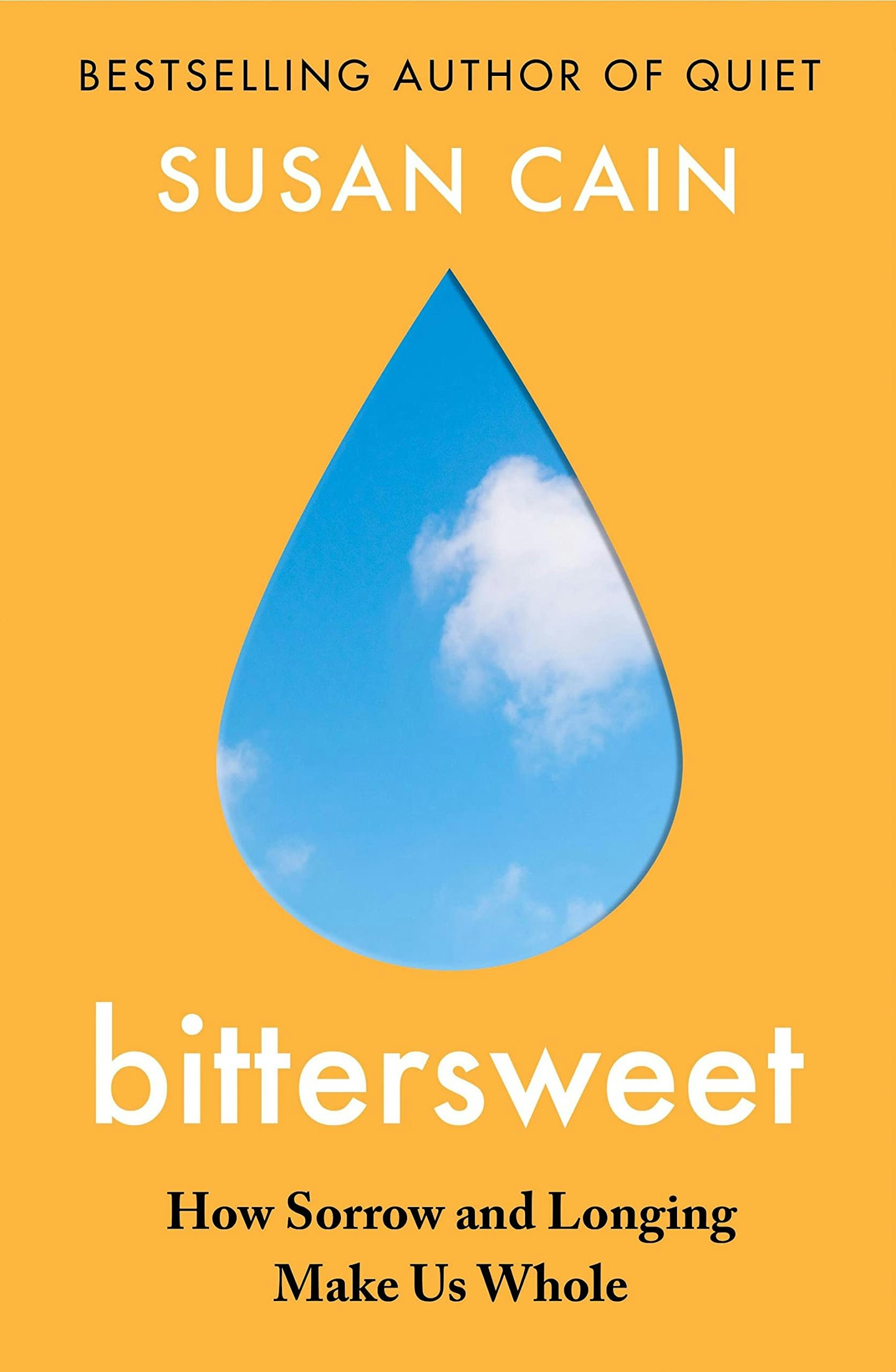 1 of 33
1 of 33Bittersweet - How Sorrow And Longing Make Us Whole
Why are we obsessed with happiness? And what are the powers of a melancholic outlook? Bittersweet claims it's only when we embrace our darker emotions that we can discover our deepest meaning and connection: love and joy. Time to get angsty.
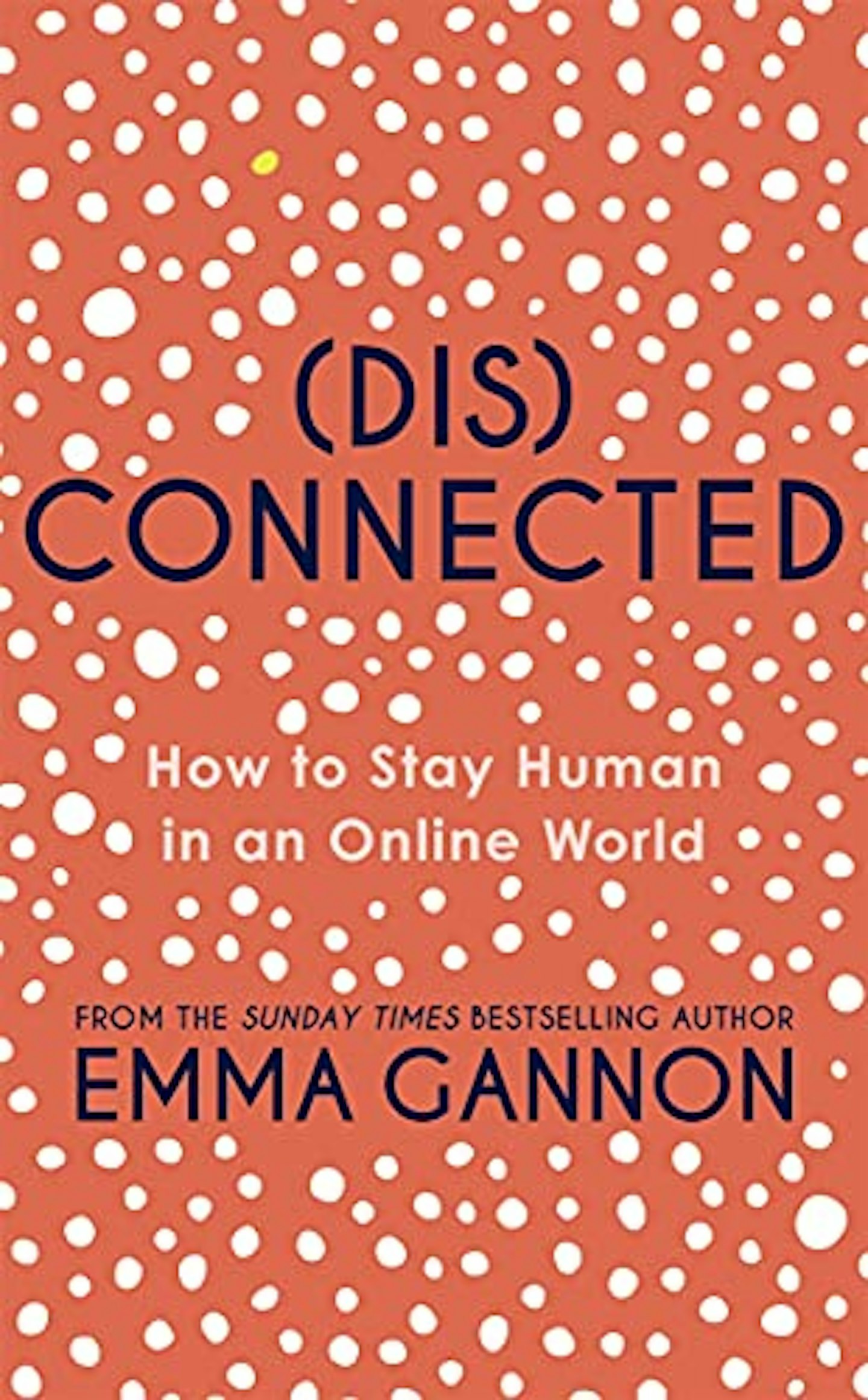 2 of 33
2 of 33(Dis)connected - How To Stay Human In An Online World
In (Dis)connected, Emma Gannon argues that after years of lockdowns and Zoom meetings our focus on community and connection has been thrown off-kilter as she offers tangible tips and advice for those of us feeling a bit lost.
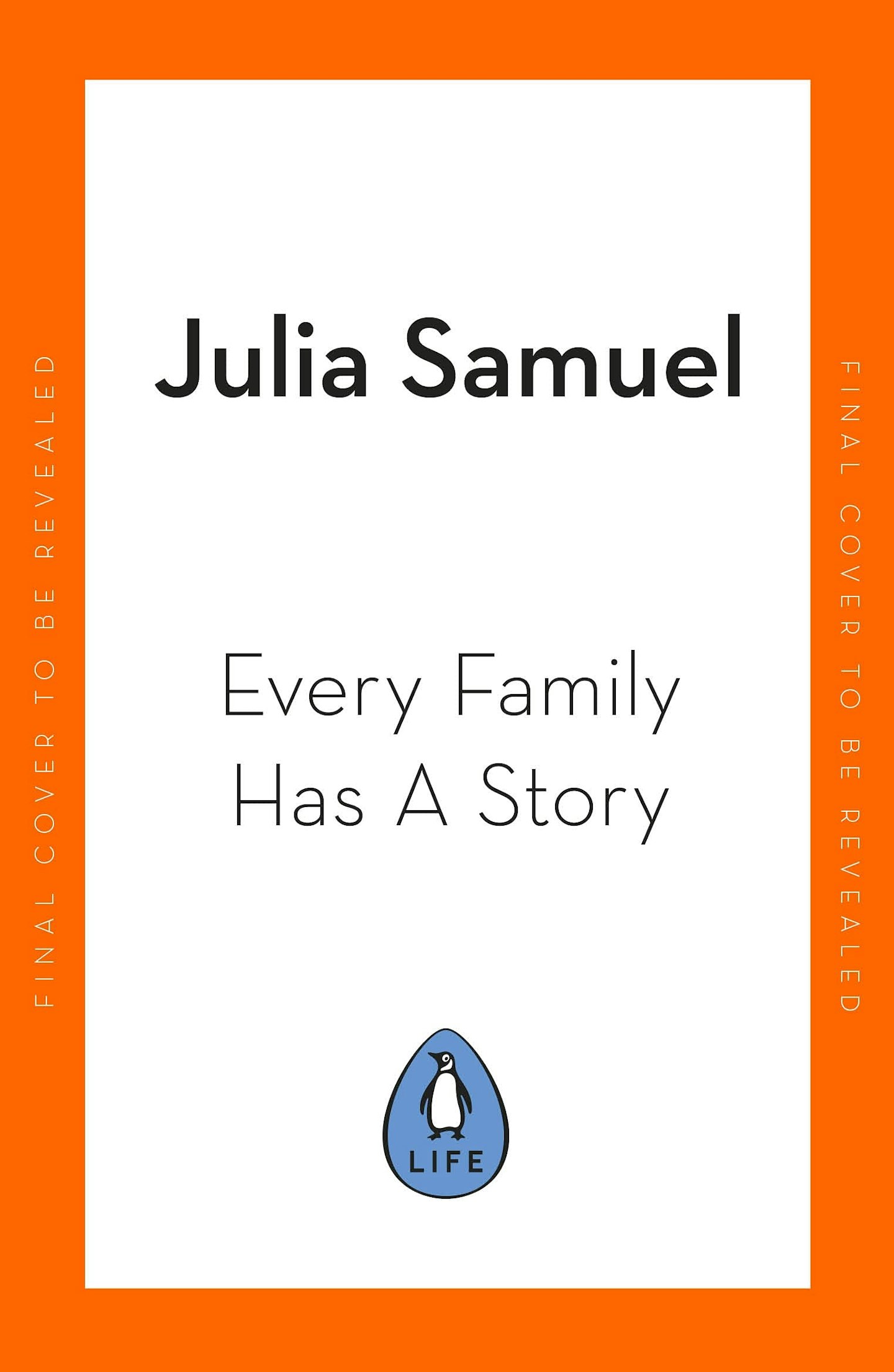 3 of 33
3 of 33Every Family Has A Story - How We Inherit Love And Loss
Bestselling psychotherapist Julia Samuel dives into eight family case studies and analyses a range of common issues including separation, step-relationships, leaving home, trauma and loss, to reveal how deeply we are influenced by our relatives and how we can face challenges together.
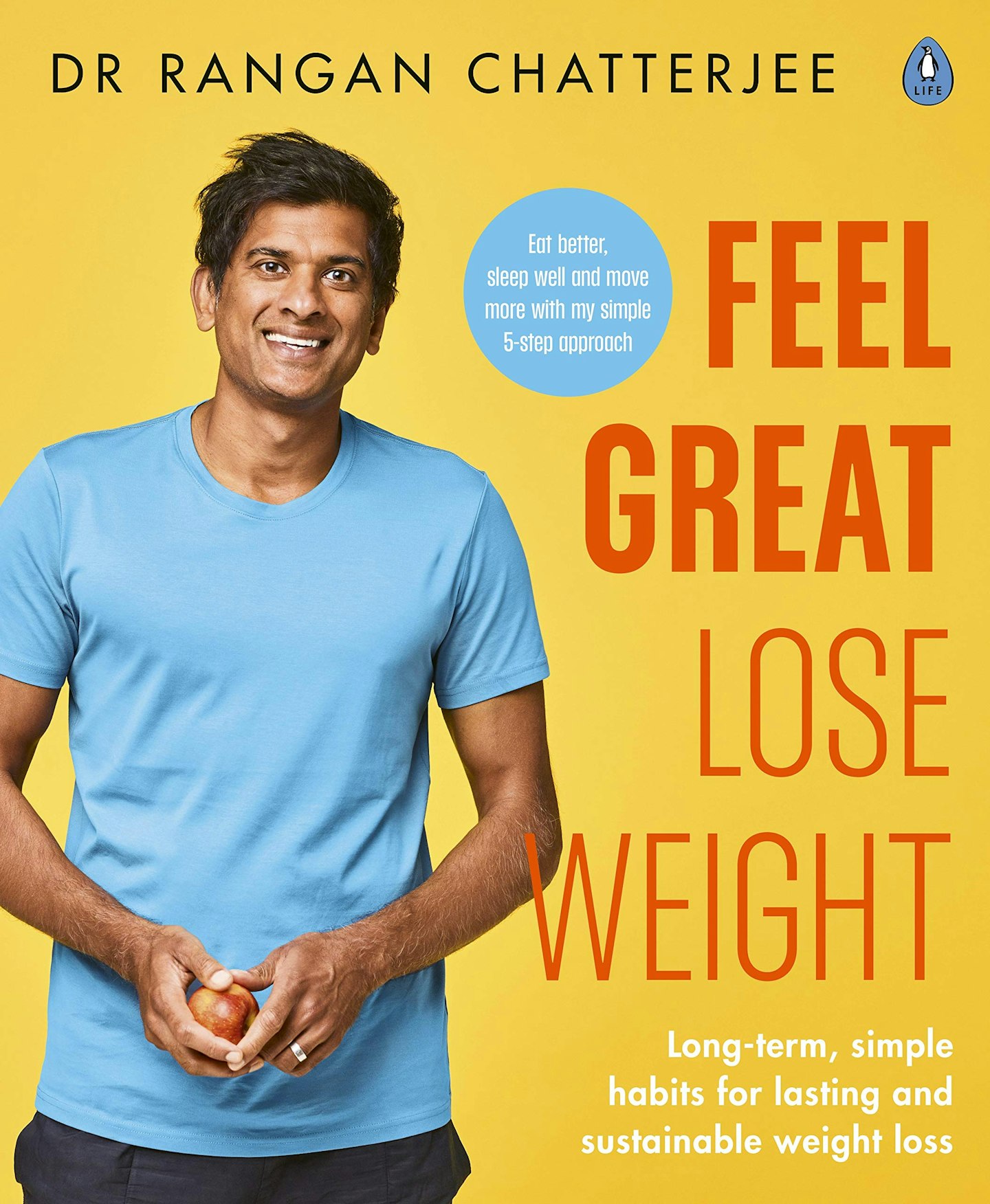 4 of 33
4 of 33Feel Great Lose Weight: Long term, simple habits for lasting and sustainable weight loss, by Dr Rangan Chatterjee
The host of the brilliant Feel Better Live More podcast brings his warm, sensible attitude and quietly revelatory advice to the thorny area of weight loss.
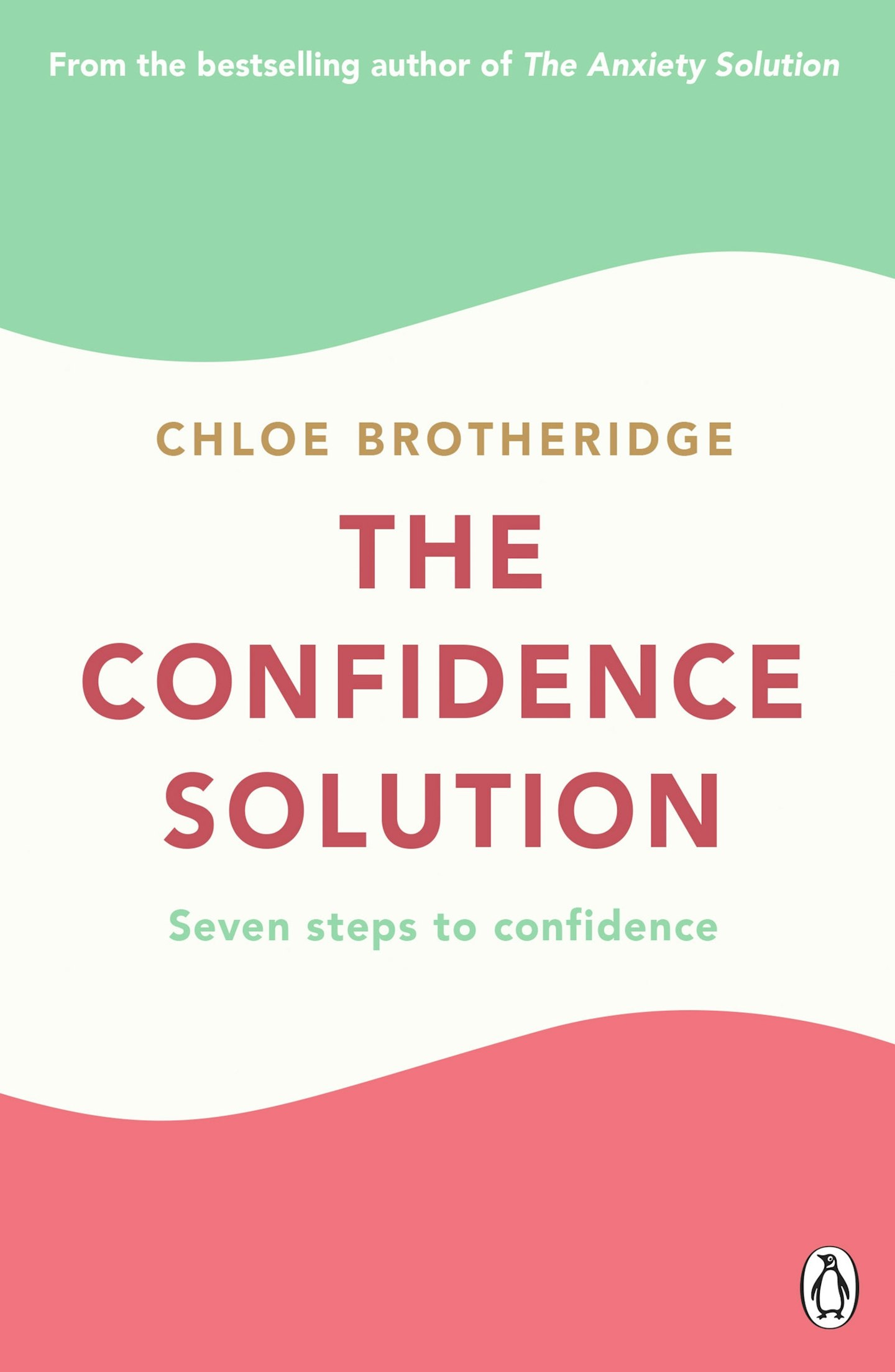 5 of 33
5 of 33The Confidence Solution: Seven Steps to Confidence, by Chloe Brotheridge
Rebuild your self-esteem in 2022, with this simple, practical guide to beating anxiety and being brave, from the host of The Calmer You Podcast.
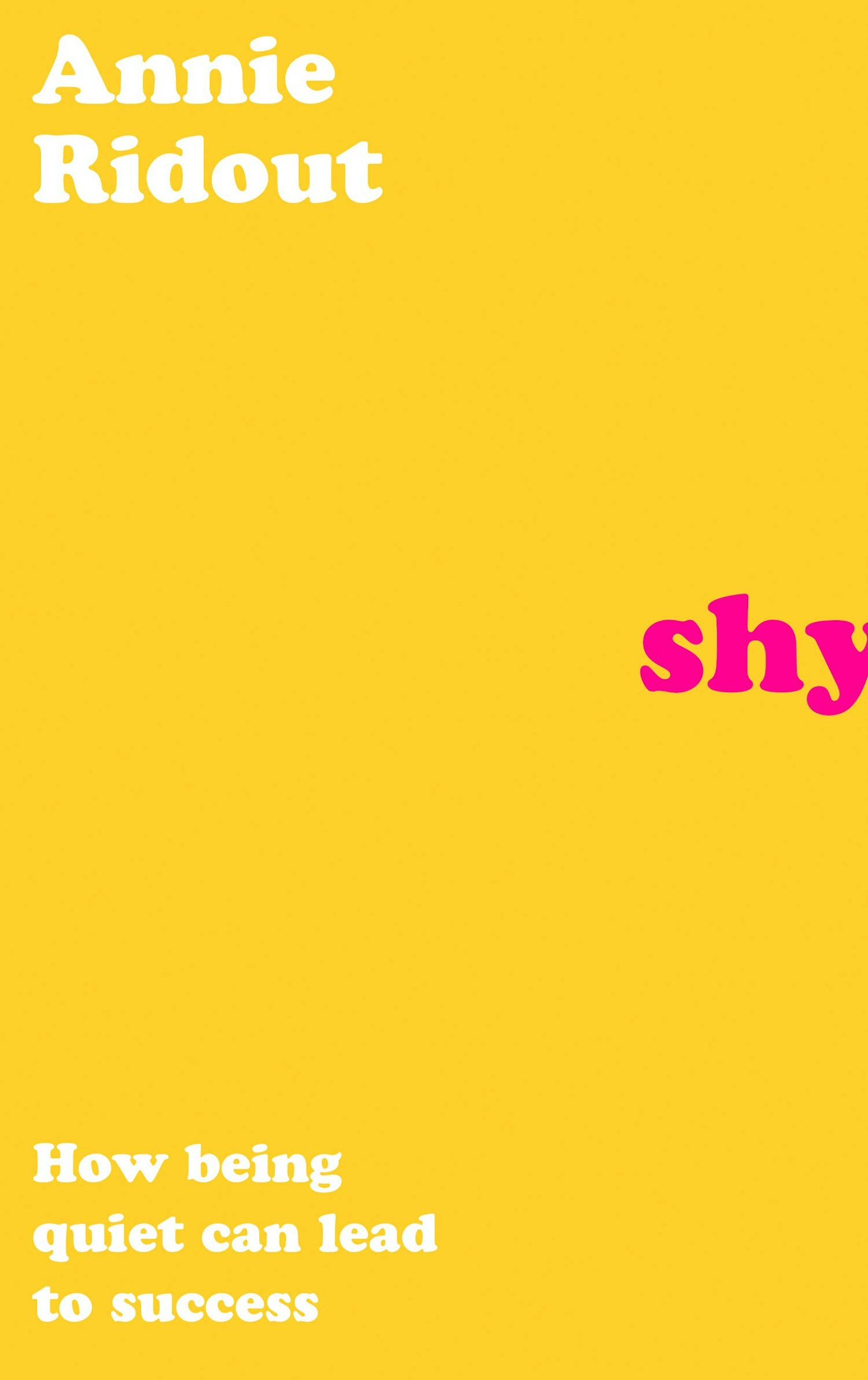 6 of 33
6 of 33Shy: How Being Quiet Can Lead To Success, by Annie Ridout
A reassuringly relatable read from Annie Ridout, for any of us who have ever felt lacking in confidence, and a practical and galvanising guide to helping you harness the power of shyness, particularly in an increasingly digital world.
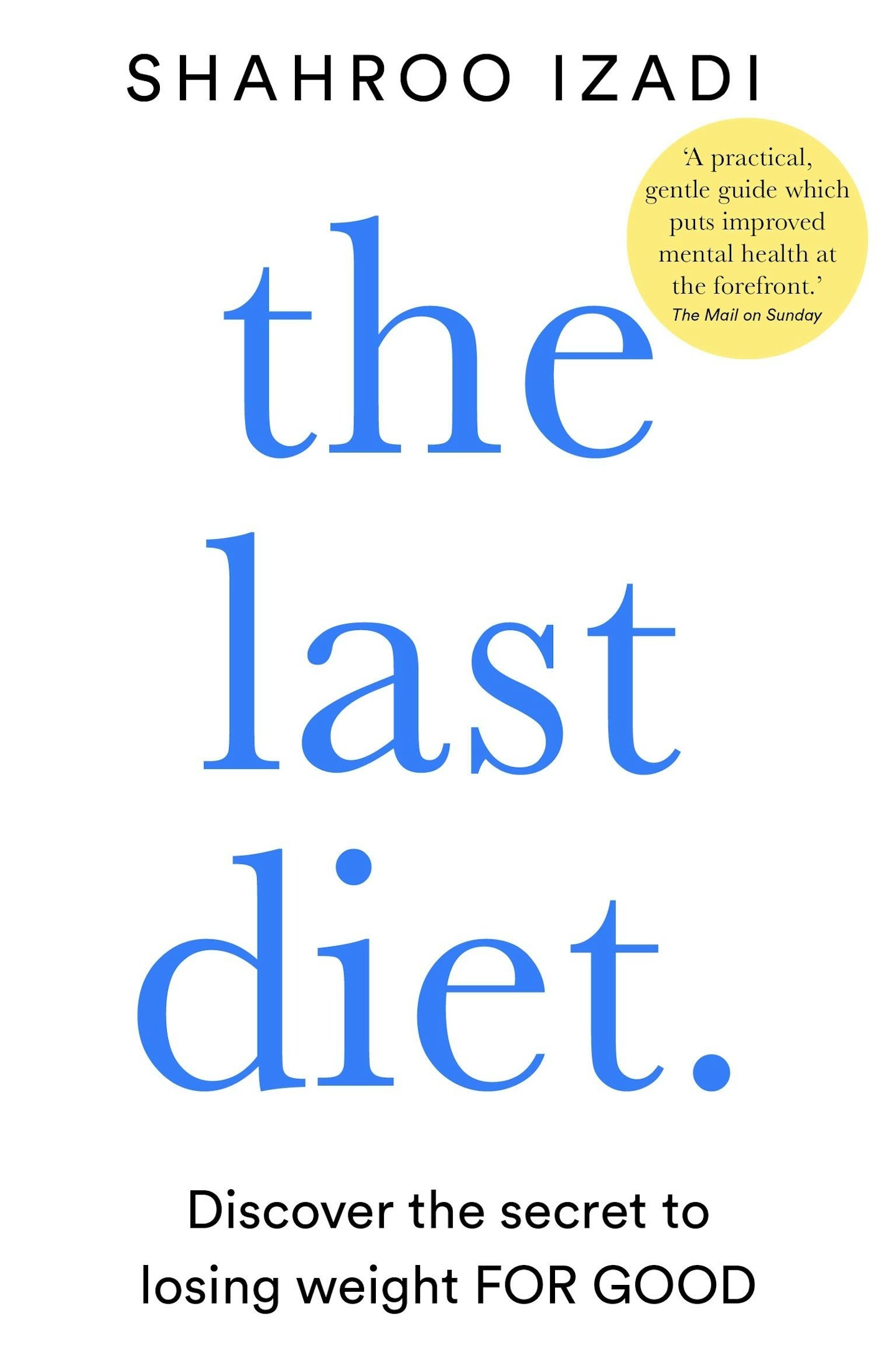 7 of 33
7 of 33The Last Diet: Discover the Secret to Losing Weight – For Good, by Shahroo Izadi
The Kindness Method author Shahroo brings her professional experience of working in addiction, and her personal experience of struggling with her own weight and body image, together in this groundbreaking book, now out in paperback.
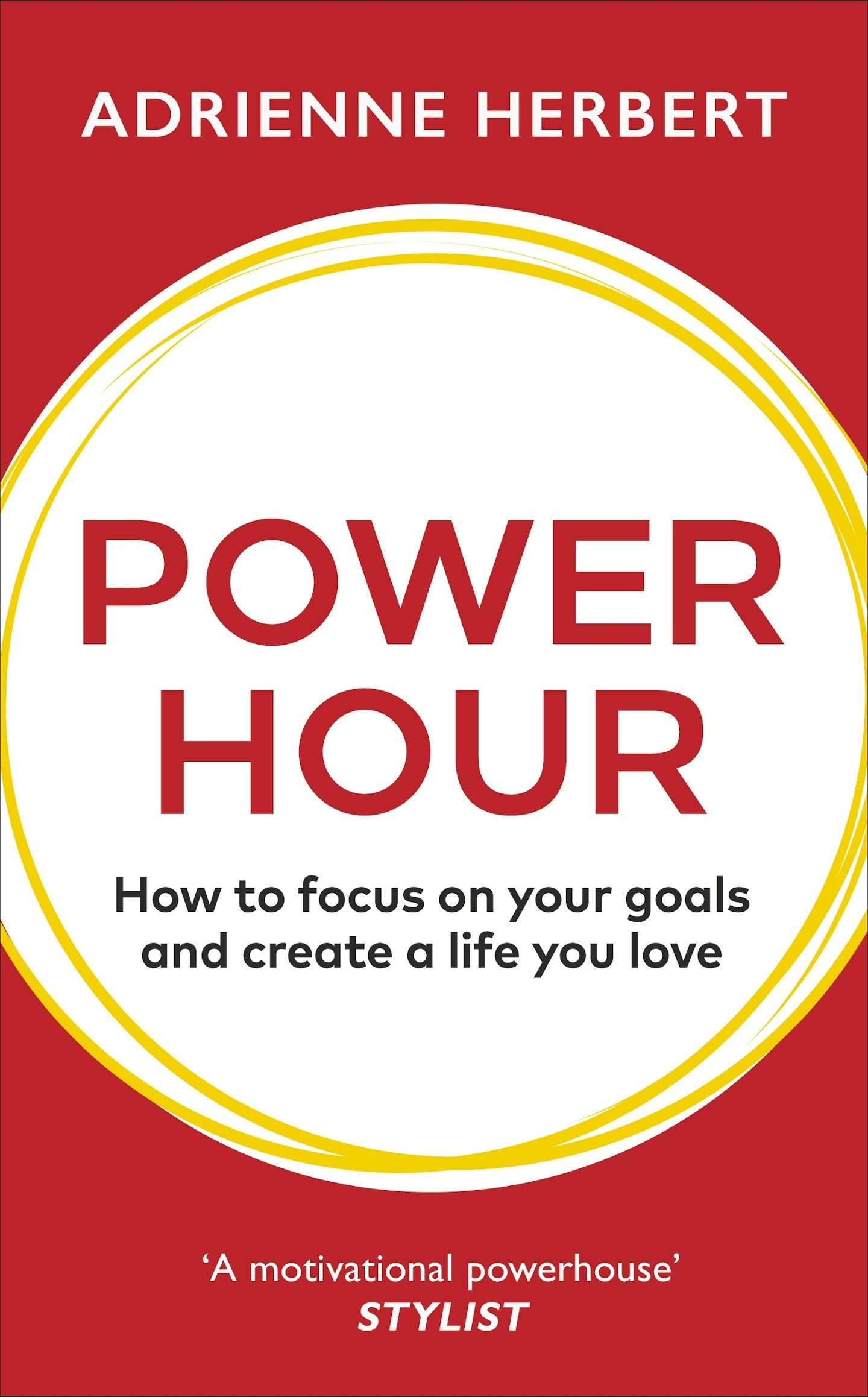 8 of 33
8 of 33Power Hour: How to Focus on Your Goals and Create a Life You Love, by Adrienne Herbert
The inspirational powerhouse that is Adrienne Herbert shows you how to change your life, in just one hour a day.
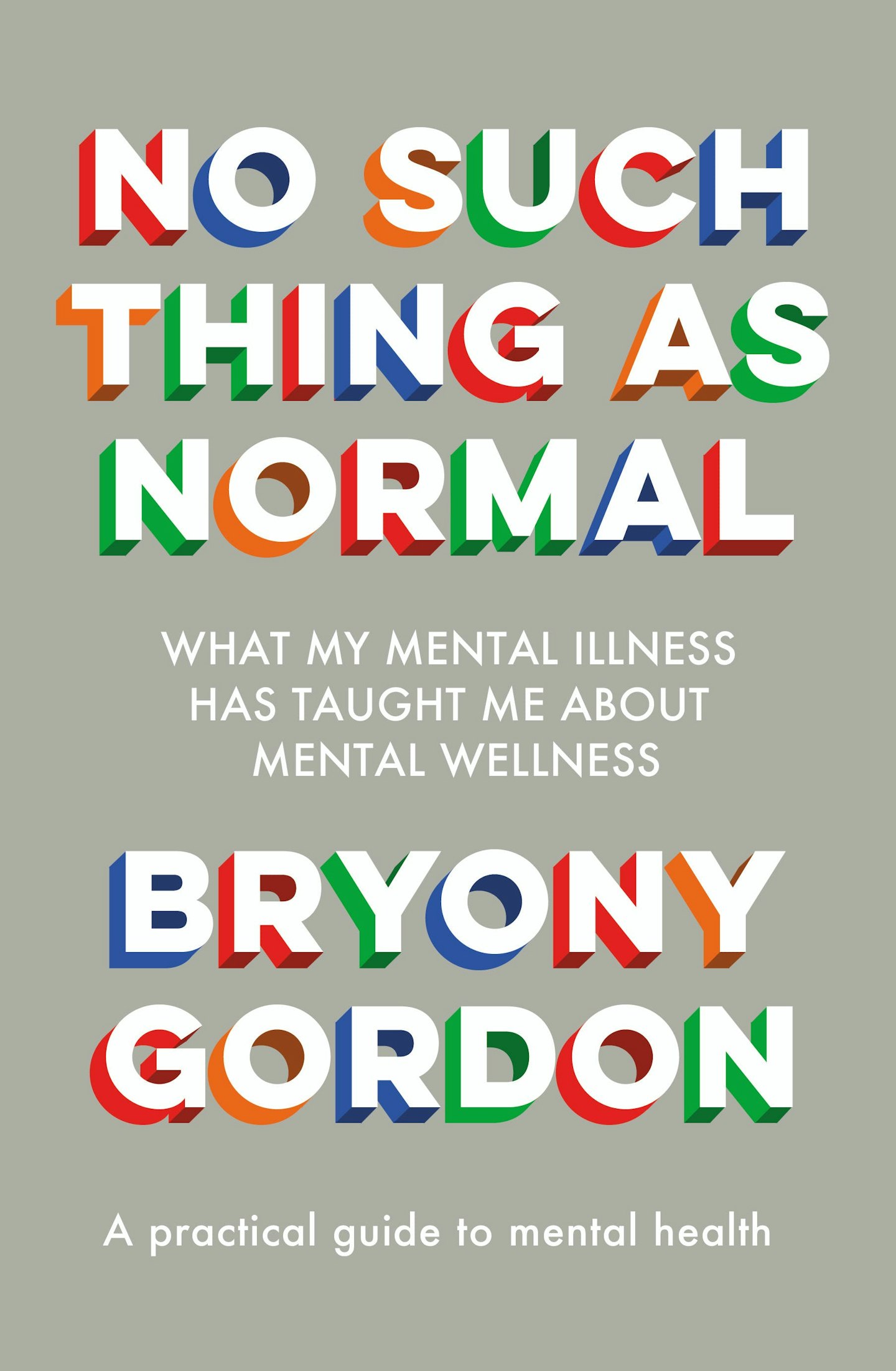 9 of 33
9 of 33No Such Thing as Normal: What my mental illness has taught me about mental wellness, by Bryony Gordon
Journalist, author and founder of Mental Health Mates, Bryony Gordon brings her familiar voice to this practical book, featuring all the tools she has learned to use along her mental health journey.
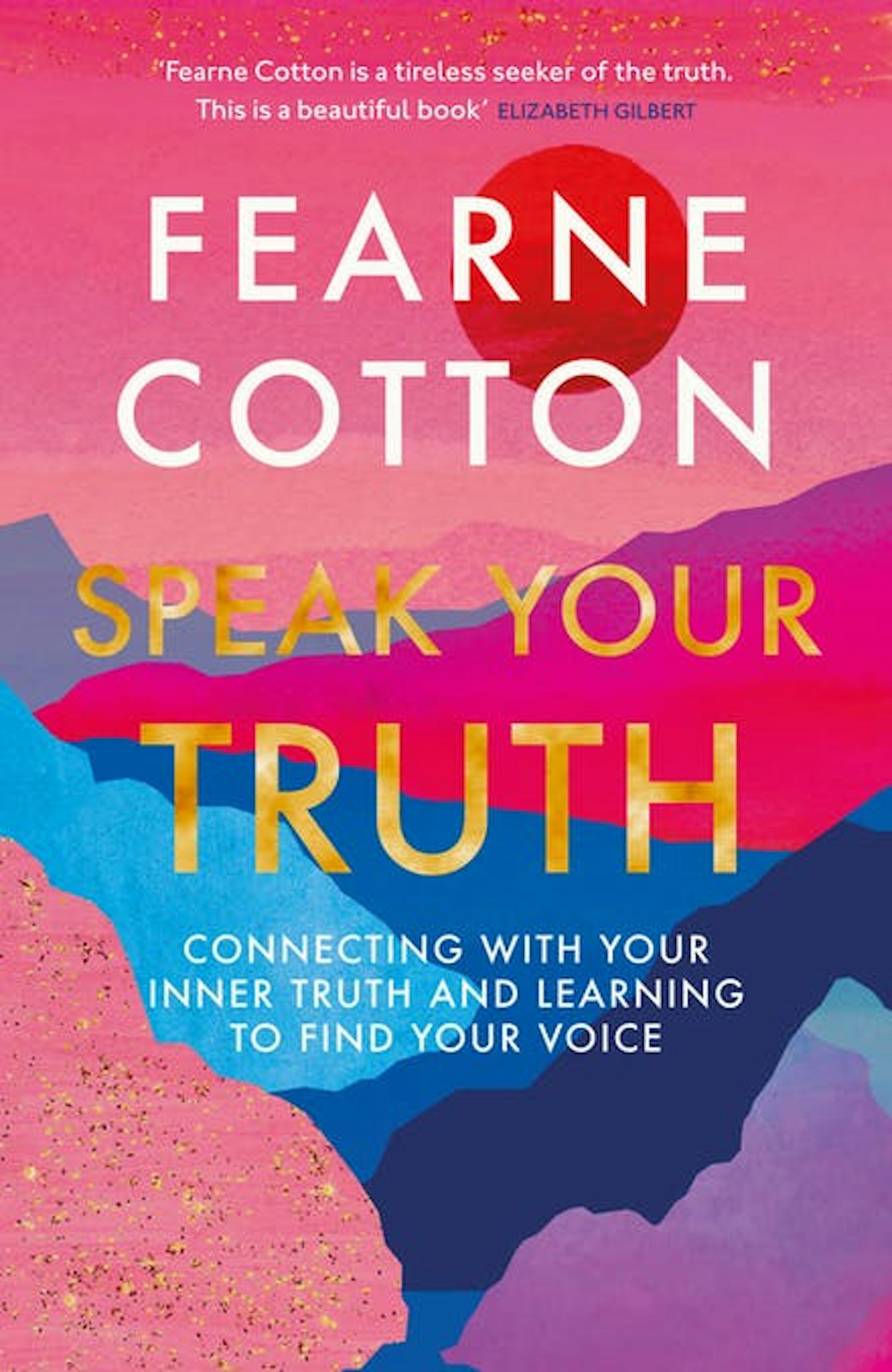 10 of 33
10 of 33Speak Your Truth: Connecting with your inner truth and learning to find your voice, by Fearne Cotton
This bravely personal book may tell Fearne's own story of finding her voice, but it will be relatable to anyone who has ever kept quiet in order to please others – and will encourage you to speak out in your own unique, authentic way.
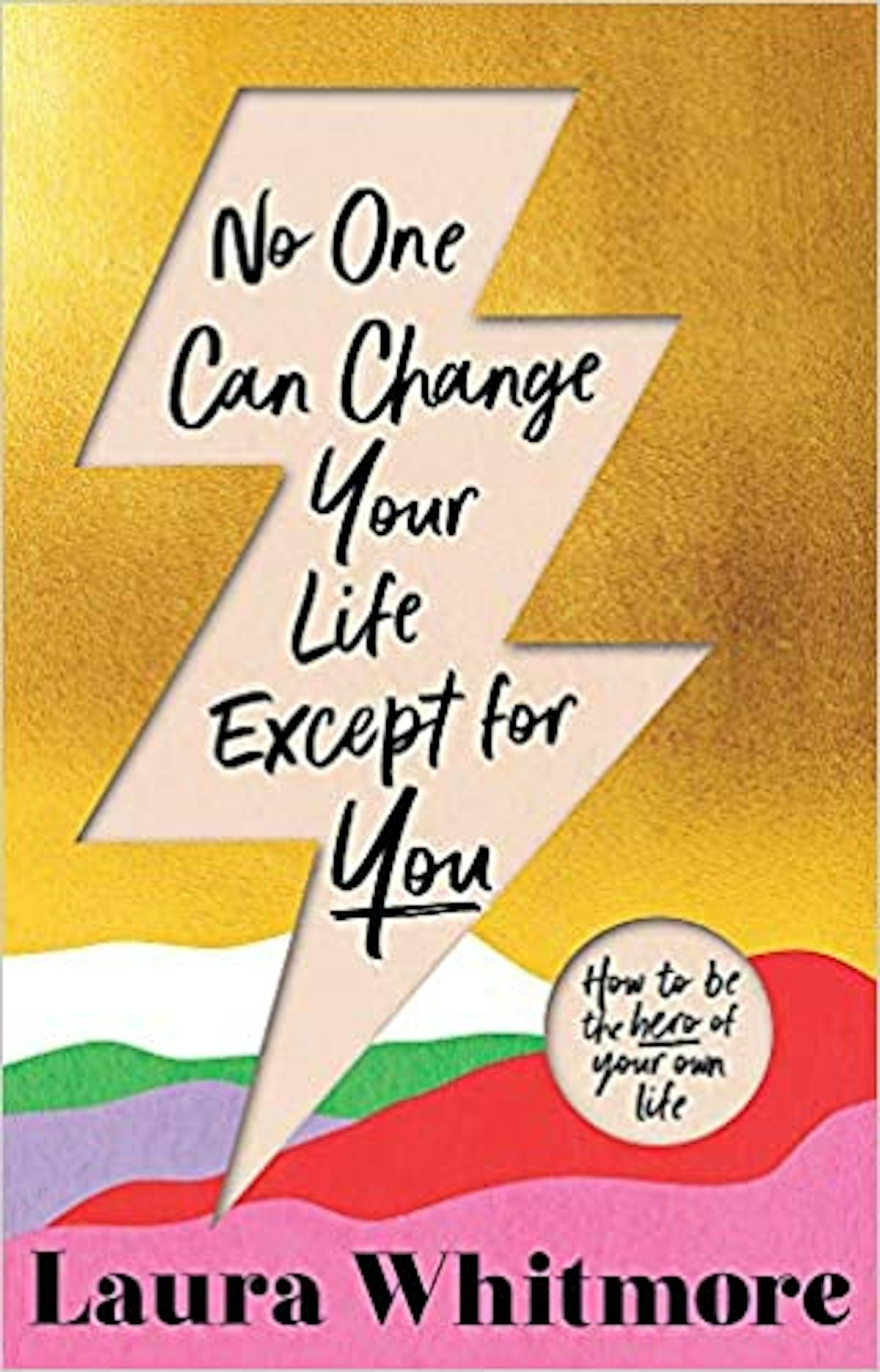 11 of 33
11 of 33No One Can Change Your Life Except For You, by Laura Whitmore
TV presenter, radio broadcaster, actress, filmmaker and now author – is there anything Laura Whitmore can't do? This inspiring book is part-memoir and part-manifesto for finding success through optimism and self-belief.
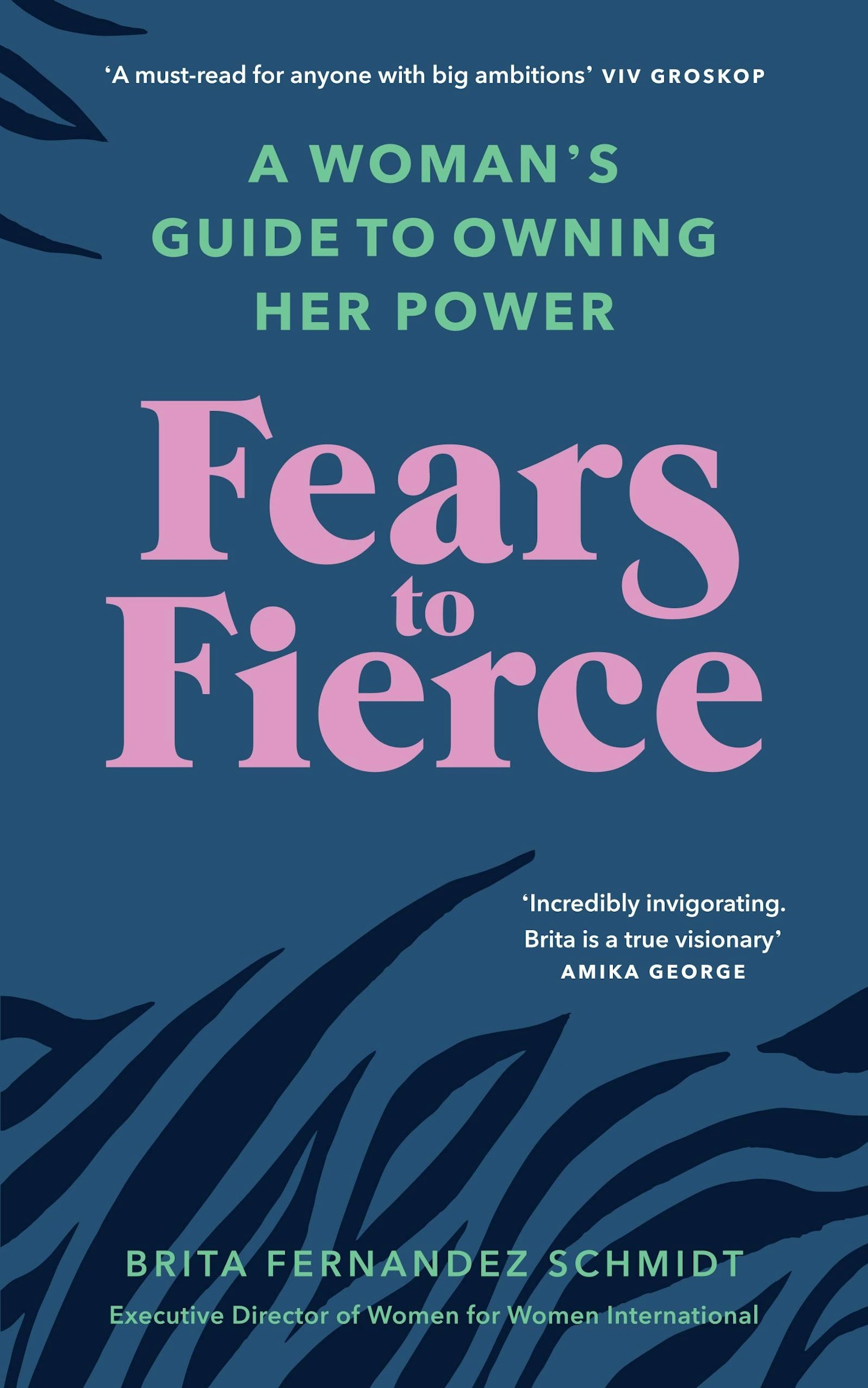 12 of 33
12 of 33Fears to Fierce: A Woman’s Guide to Owning Her Power, by Brita Fernandez Schmidt
With a foreword by Gillian Anderson, this empowering read from the co-founder of Women For Women International is all about finding your meaning, owning your power and transforming your world.
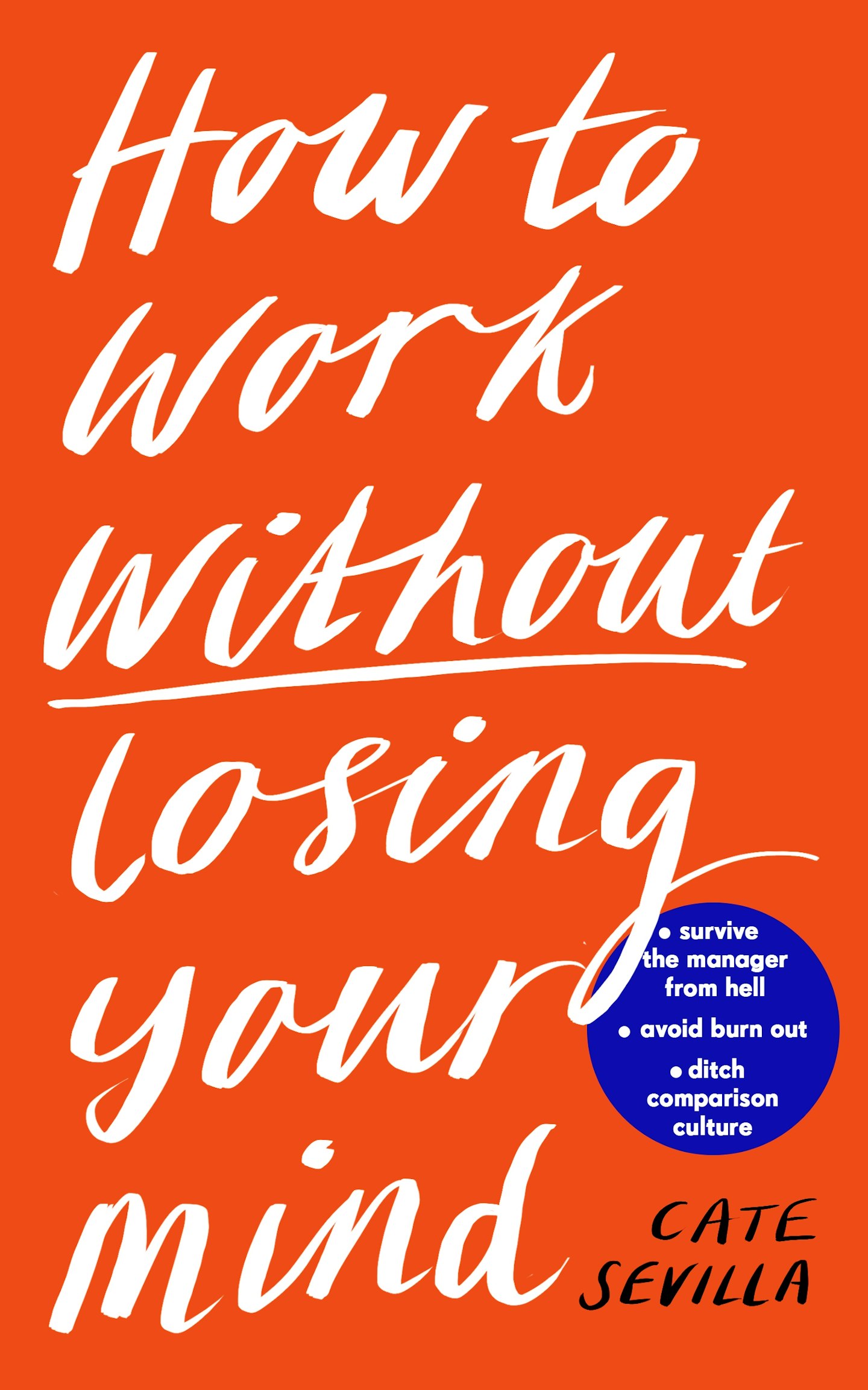 13 of 33
13 of 33Cate Sevilla - How to Work Without Losing Your Mind: A Realistic Guide to the Hell of Modern Work, by Cate Sevilla
Work situation changed in 2020? Whether you're struggling with wfh, coping with the fallout from redundancy or simply reassessing your values and looking for a career change, this is the book for you.
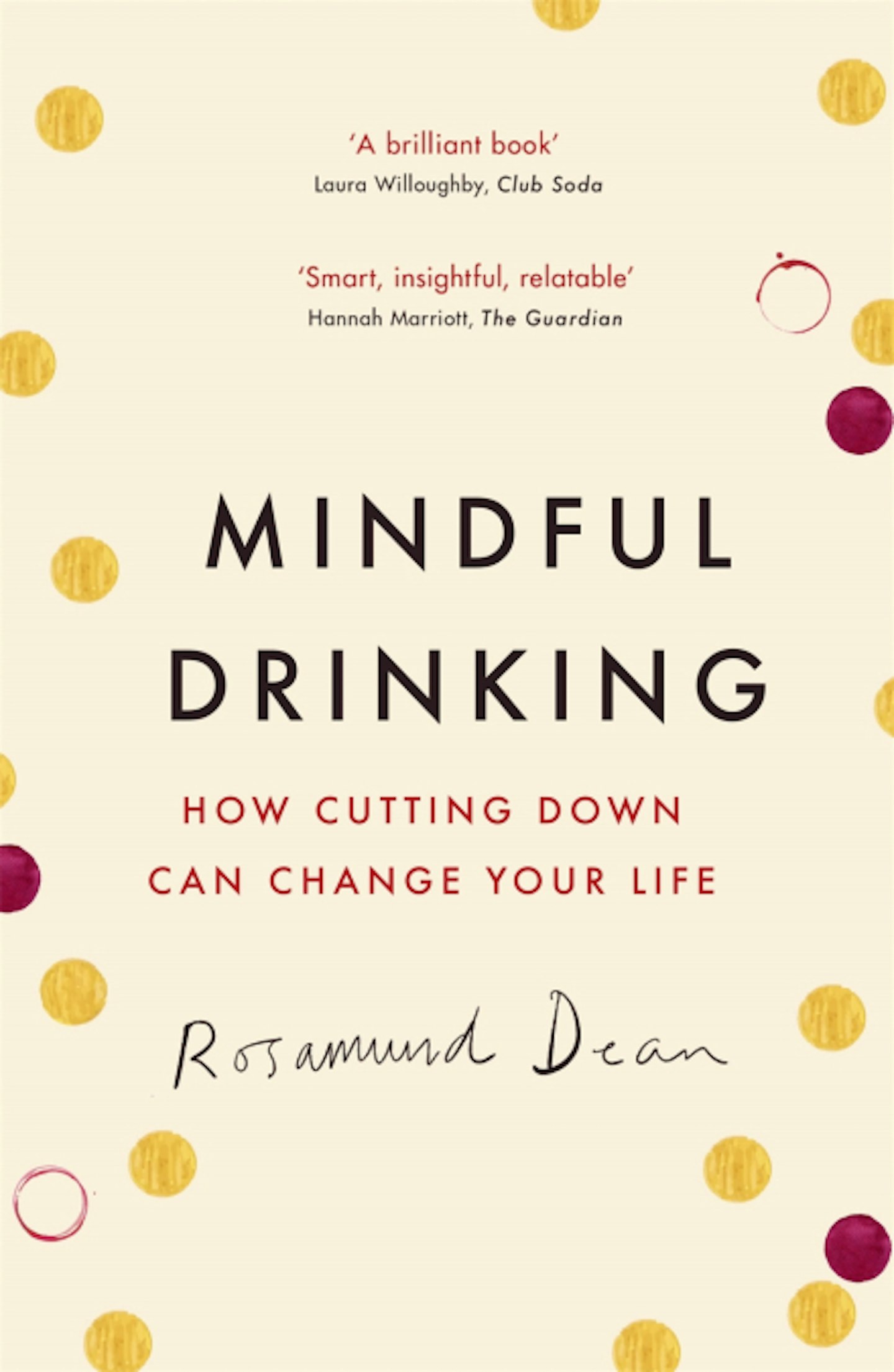 14 of 33
14 of 33Mindful Drinking: How Cutting Down Can Change Your Life, by Rosamund Dean
Be happier, healthier and more productive with Rosamund Dean's simple strategy to drink less and enjoy life more.
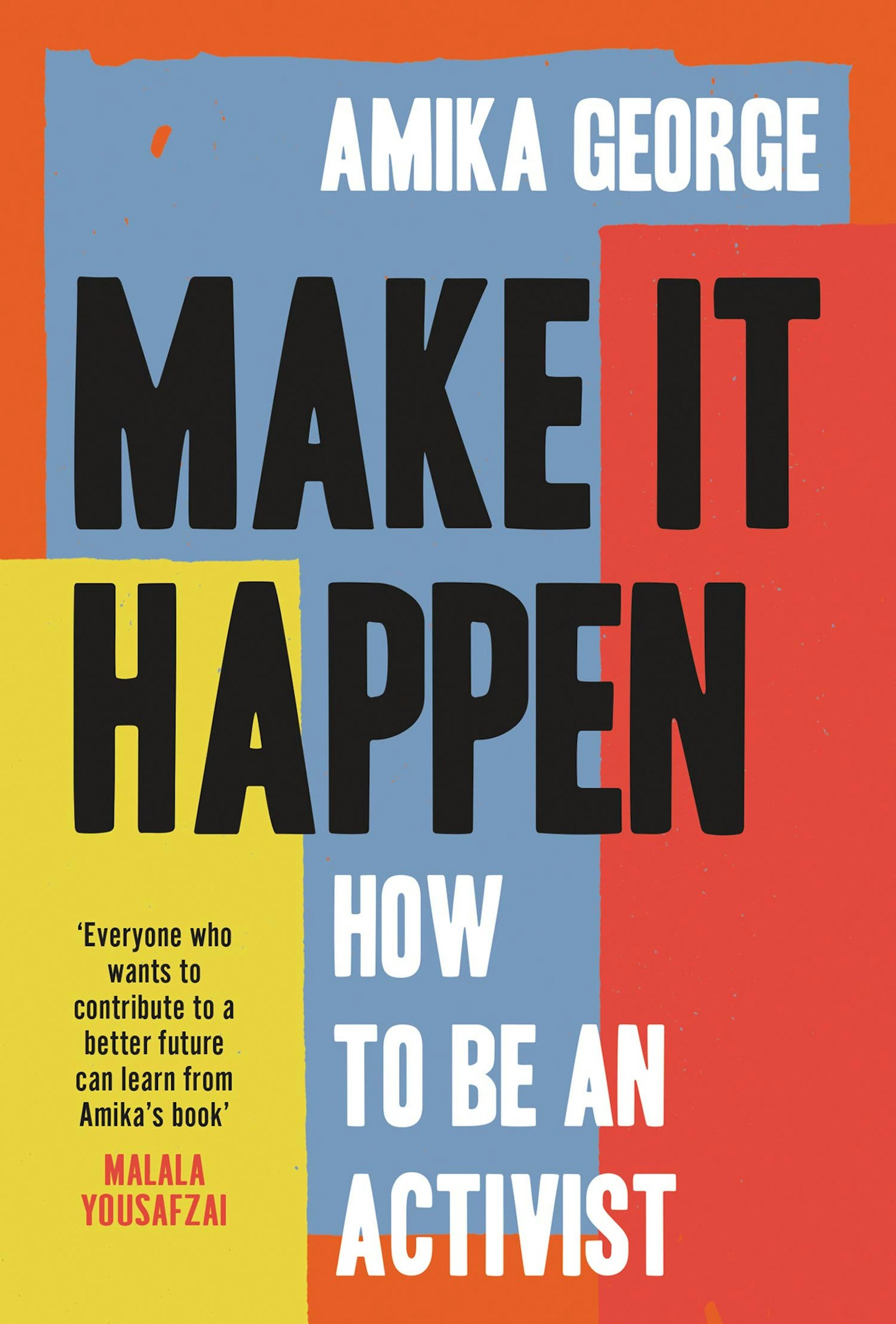 15 of 33
15 of 33Make it Happen: How to be an Activist, by Amika George
Amika George was just a teenager when she launched a global campaign against period poverty from her bedroom. In this inspiring read, she talks to Caroline Criado-Perez, Deborah Frances-White, Adwoa Aboah and Scarlett Curtis about activism in 2021.
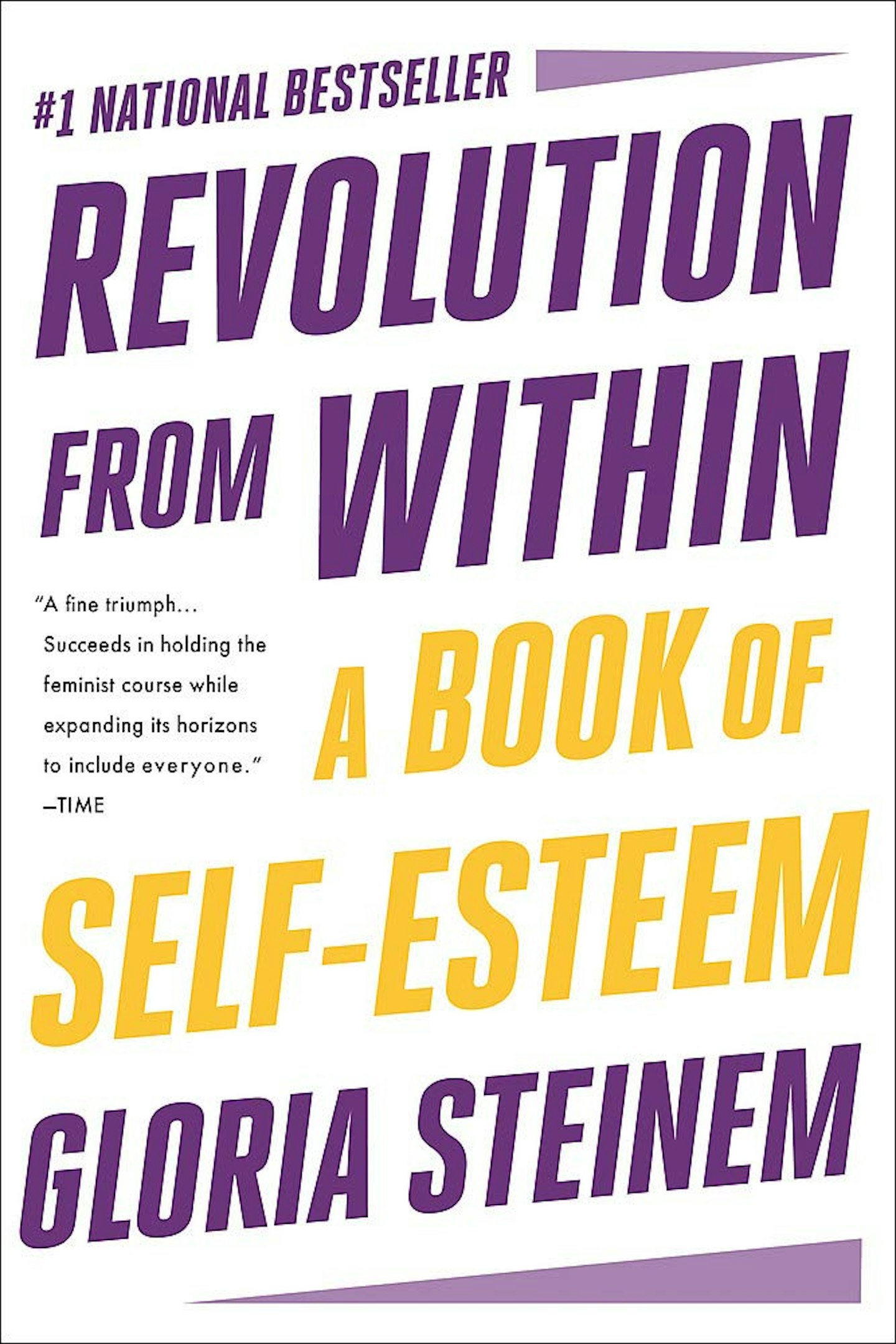 16 of 33
16 of 33Revolution from Within: A Book of Self-Esteem, by Gloria Steinem
A new edition of the classic confidence builder from legendary feminist activist Gloria Steinem.
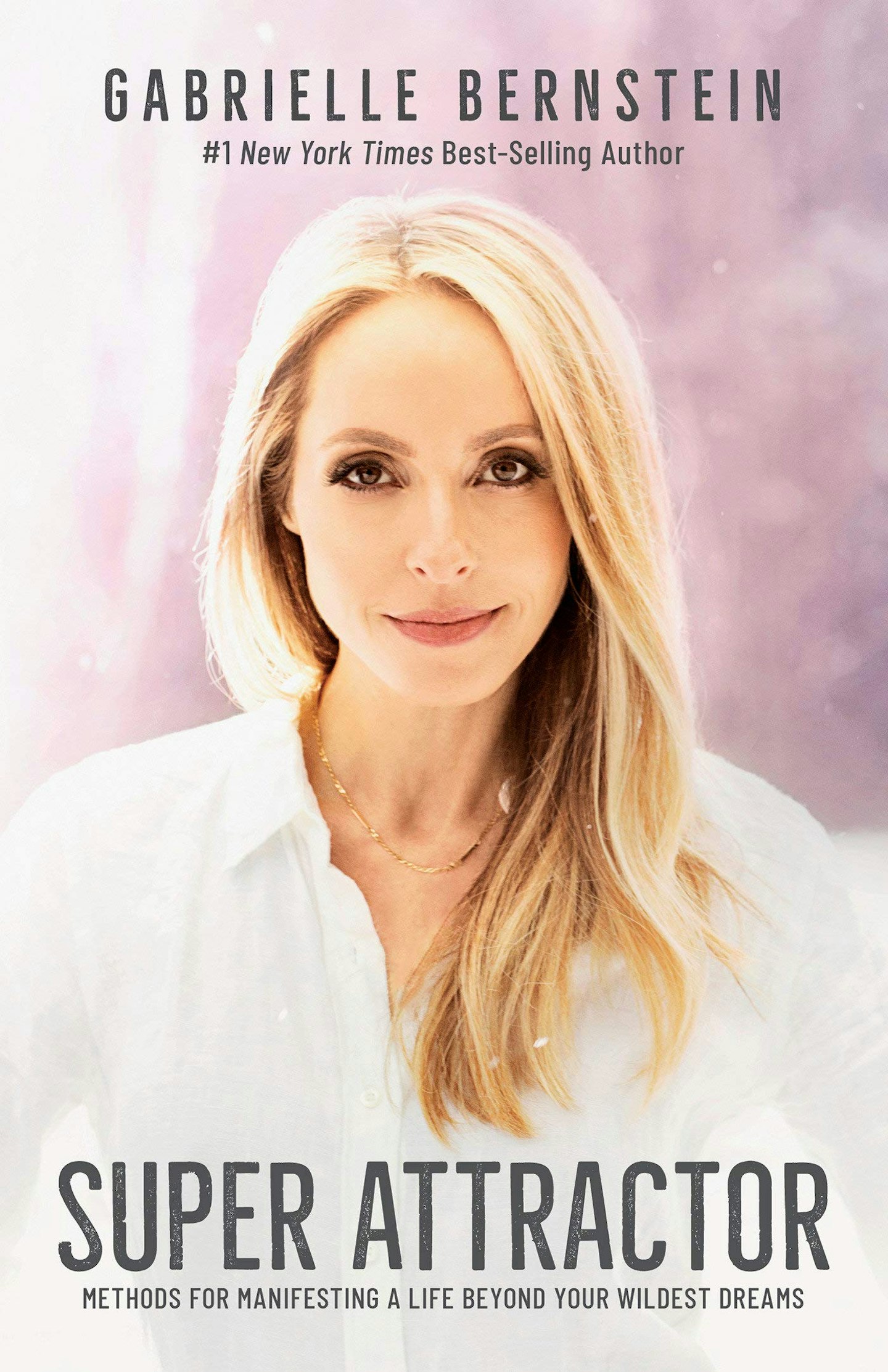 17 of 33
17 of 33Super Attractor: Methods for Manifesting a Life beyond Your Wildest Dreams, by Gabrielle Bernstein
Gabrielle Bernstein makes miracles happen, but don't just take our word for it. 'A brilliant book that helped me out during lockdown,' says Fearne Cotton. 'Oh my god, it's game-changing!'
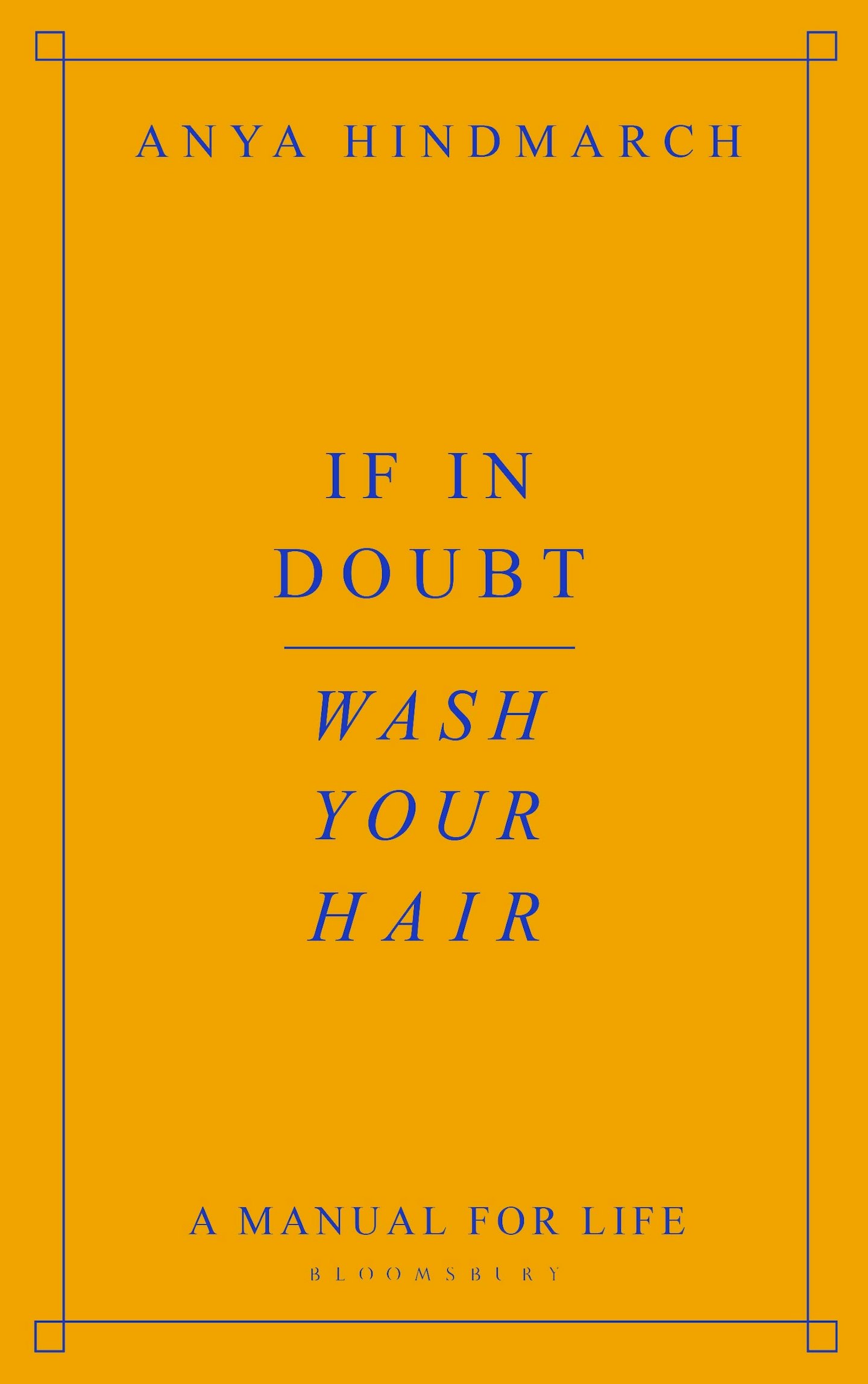 18 of 33
18 of 33If In Doubt, Wash Your Hair: A Manual for Life by Anya Hindmarch
Anya is a mother of five, stepmother and successful businesswoman. Through her words she shares everything she has learnt in her colourful life. From practical tips and quick fixes, to profound observations about confidence and creativity. This handbook will show you how to live a little better - and yes sometimes simply washing your hair is the answer.
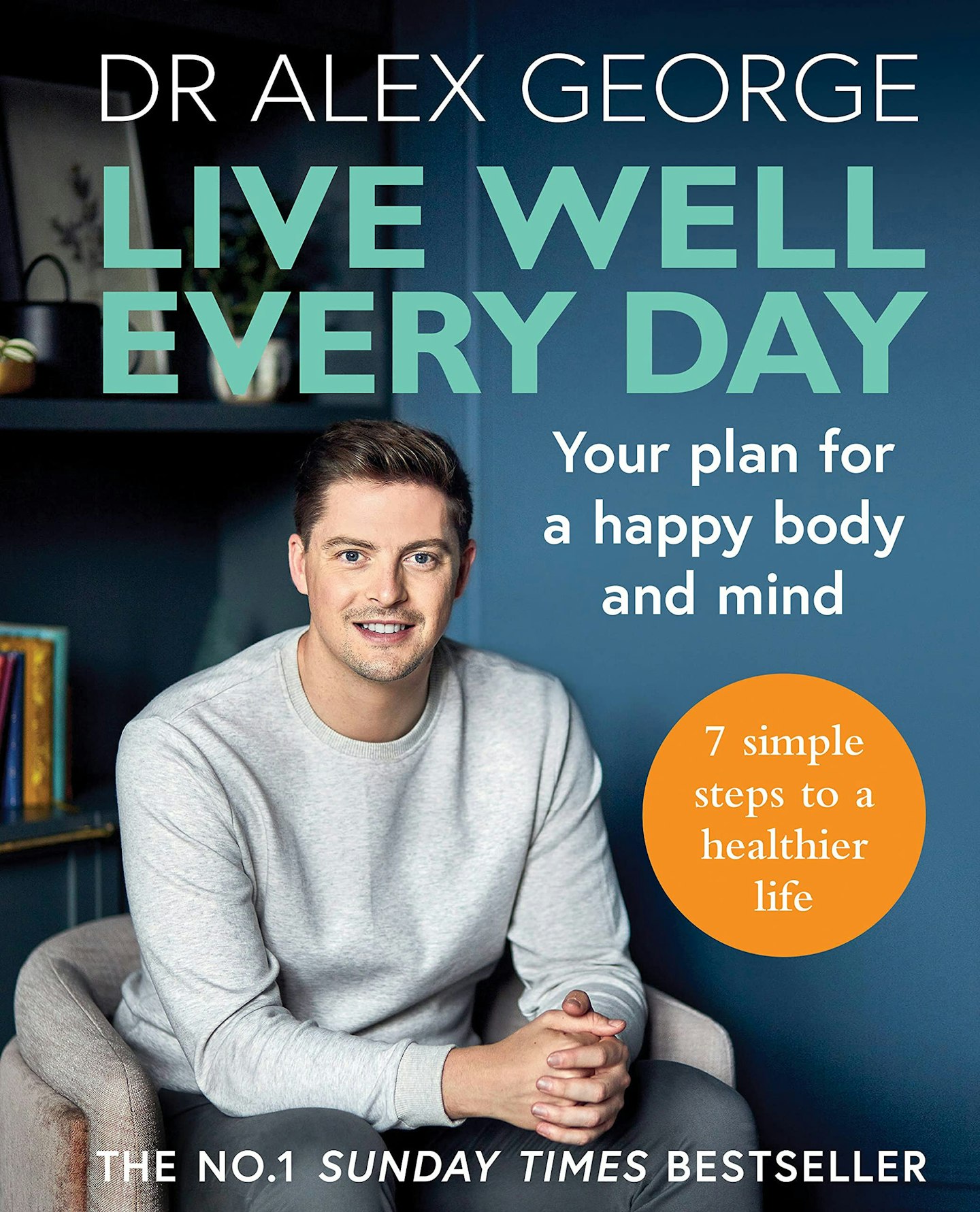 19 of 33
19 of 33Live Well Every Day: Your Plan For A Happy Body and Mind by Dr Alex George
The former Love Island Star and A&E doctor reflects on his experiences - from working on the wards during the pandemic to living in the spotlight to inform readers on mental health. This self help book empowers readers though advice on how people can power though tough moments and remain mentally strong.
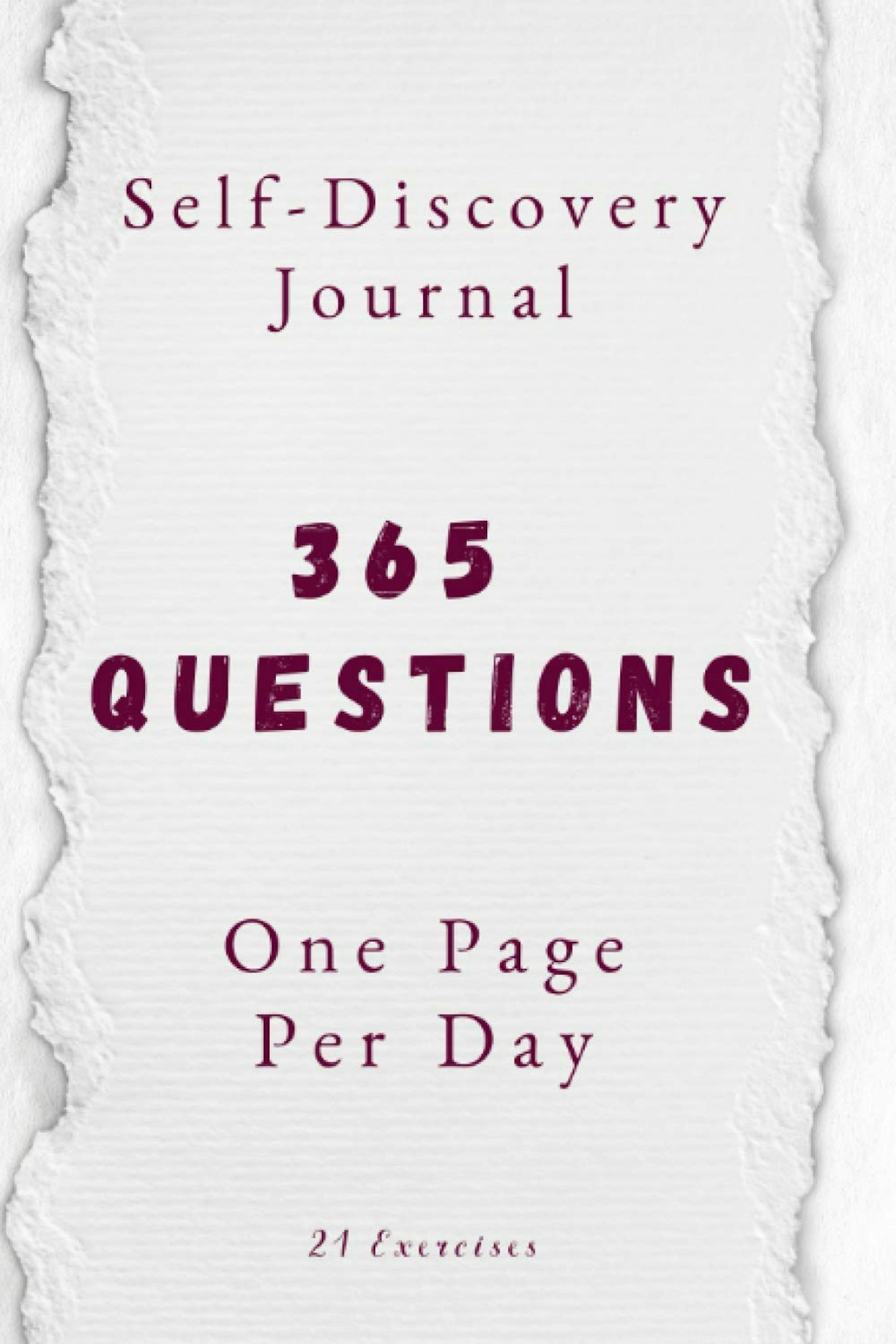 20 of 33
20 of 33365 Questions, One Page Per Day : A One Year Self-Discovery Journal by 21 Exercises
This journal allows you to have the power and create your own self- help guide. With plenty of lined pages and thoughtful writing prompts this journal will enable you to become more clear in your thinking, reduce stress and anxiety. This is ideal for anyone who wants to make personal growth a simple & successful daily habit.
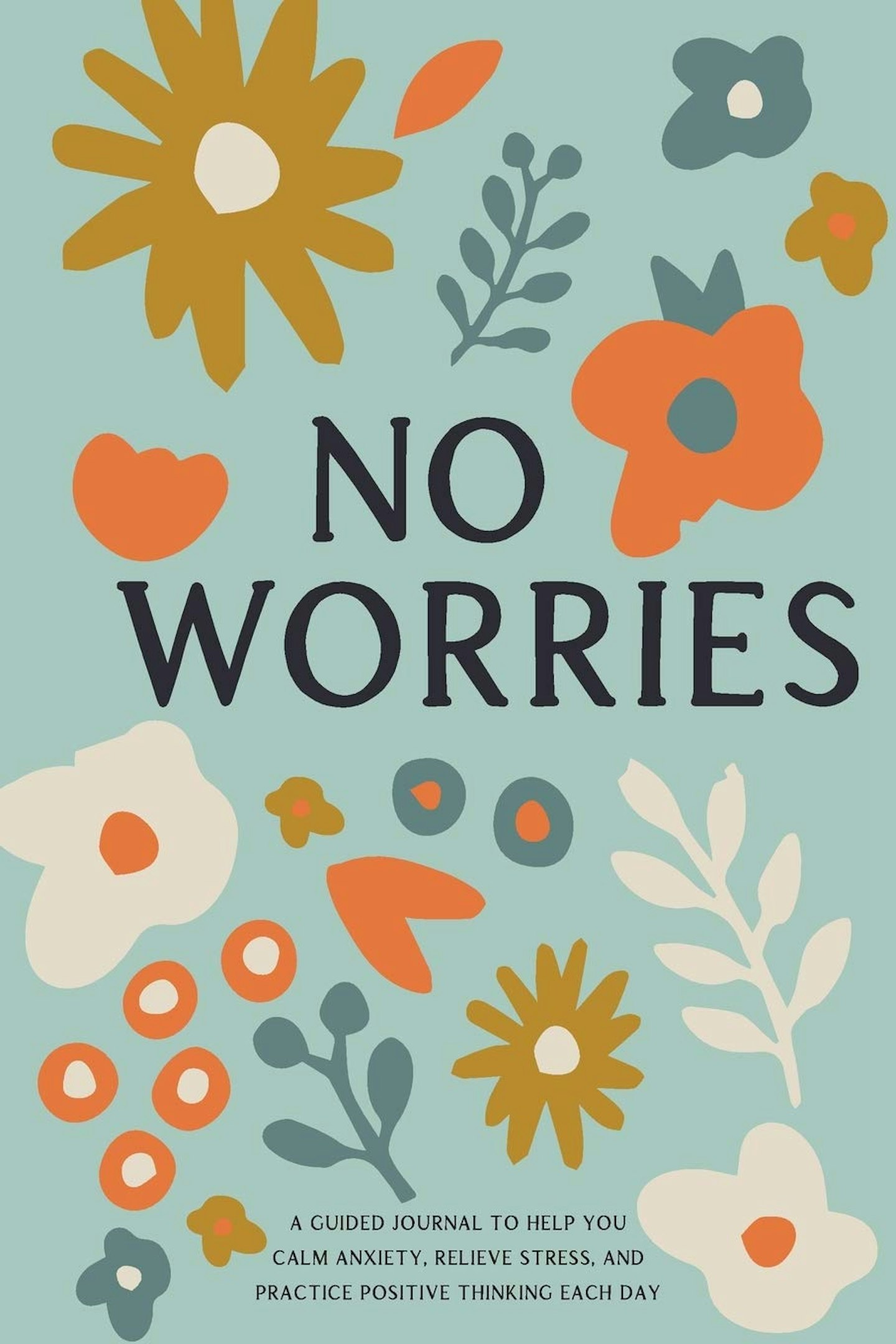 21 of 33
21 of 33No Worries by Bella Mente Press
No Worries is a 12- week anxiety and self care journal that will help you structure everything that is on your mind. This will help you thoughtfully manage your worries before they spiral out of control.
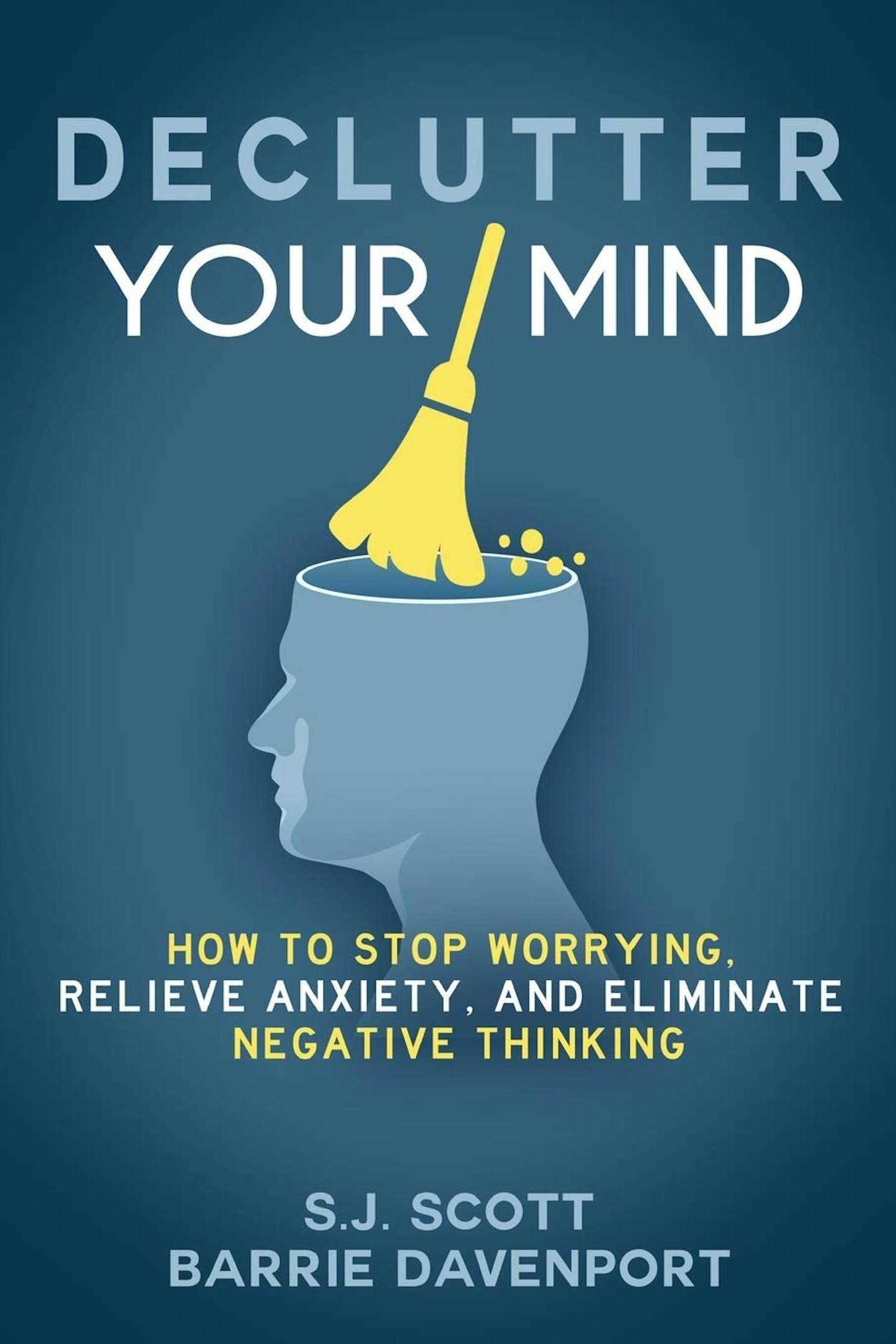 22 of 33
22 of 33Declutter Your Mind: How to Stop Worrying,Relieve Anxiety and Eliminate Negative Thinking by S.J.Scott and Barrie Davenport
How To Declutter Your Mind teaches readers specific mindfulness techniques and habits, to create more "space" in your mind to enjoy peace and happiness. You will take away excercises that will have an immediate and lasting effect on your mental health and mindset.
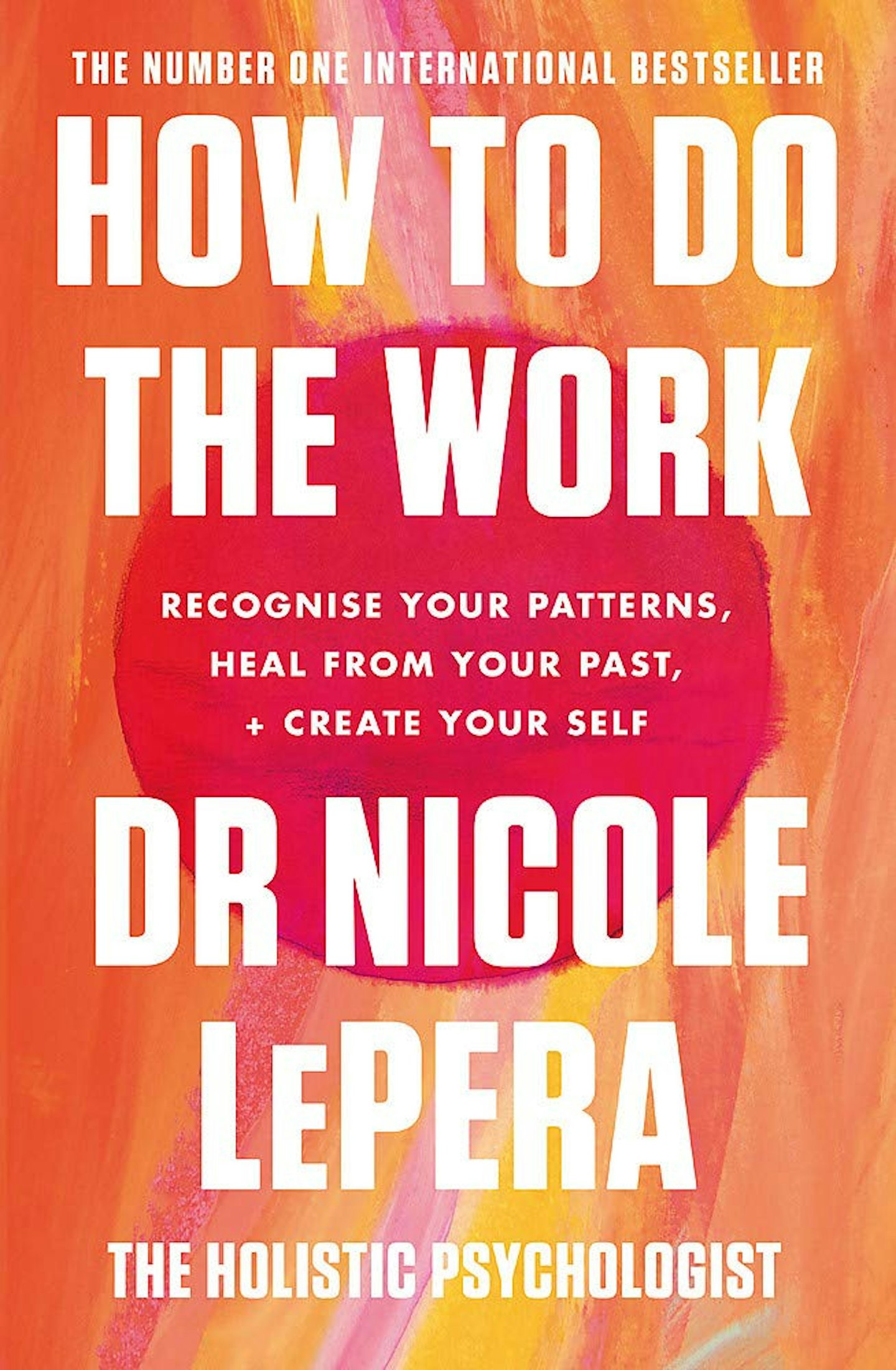 23 of 33
23 of 33How To Do The Work by Dr Nicole LePera
Clinical Psychologist, Dr Nicole LePera offers an essential guide to self healing and creating a more joyful life. Drawing from both scientific research and healing modalities, Dr LePera helps readers overcome trauma and destructive behaviours to reclaim their lives.
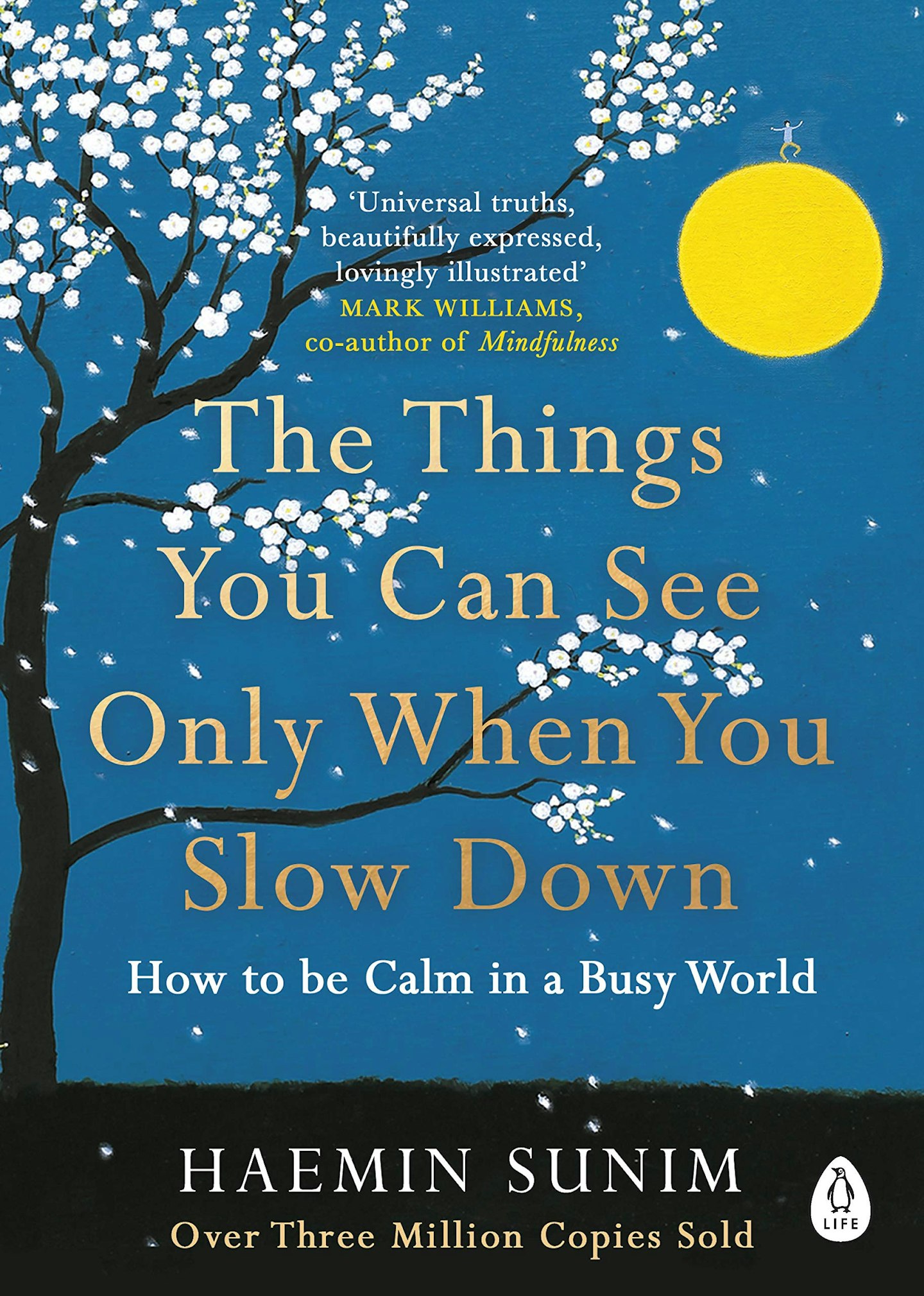 24 of 33
24 of 33The Things You Can Only See When You Slow Down by Haemin Sunim
In a fast moving world, The Things You Can Only See When You Slow Down provides a relief. In this timely guide to mindfulness, Haemin Sunim, a Buddhist monk dives into dealing with rest and relations and handling setbacks. A mixture of his teachings and calming illustrations remind us of the strength that comes from slowing down.
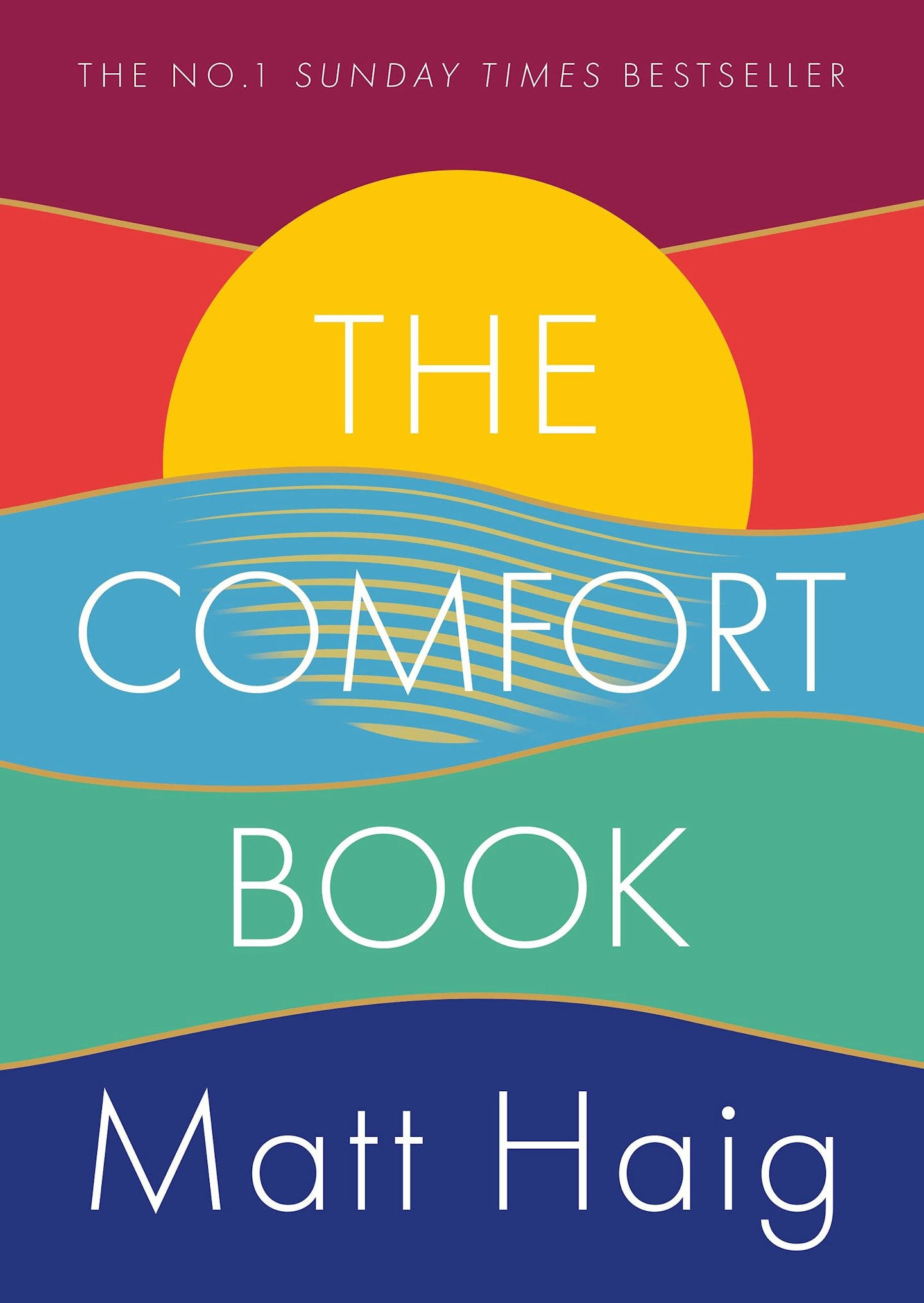 25 of 33
25 of 33The Comfort Book by Matt Haig
The instant No.1 best seller is a collection of consolations learned in hard times, and suggestions for making the bad days better. This is a book for when we need a friend, a listening ear or just a reminder of hope.
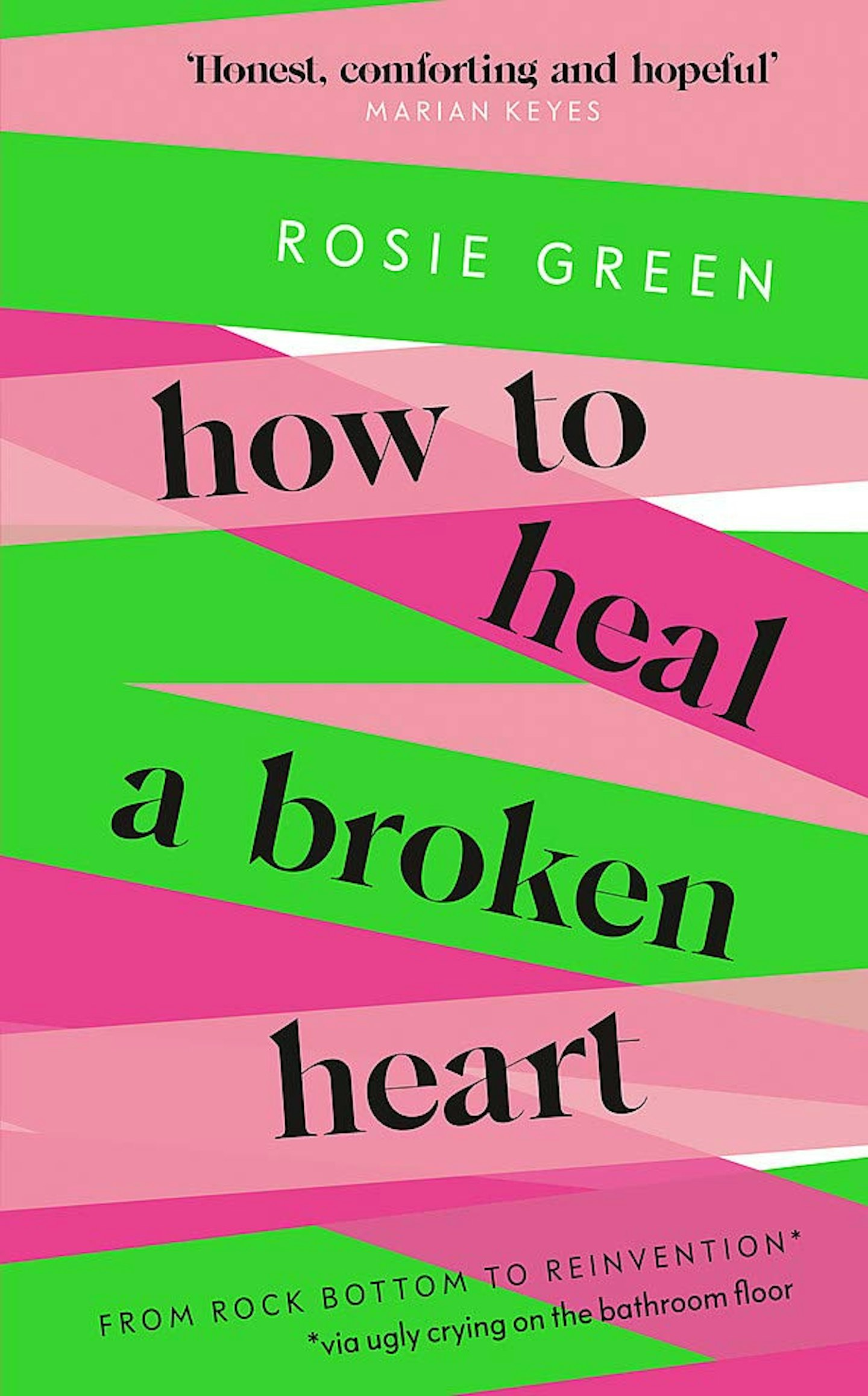 26 of 33
26 of 33How To Heal A Broken Heart by Rosie Green
How To Heal A Broken Heart gives a refreshingly honest take on heartbreak. When Rosie Green's husband leaves her after 26 years together she never thought she would get over it. But she did- and so can you. This bold, witty and insightful handbook dives into how you can heal faster, understand yourself better and move on.
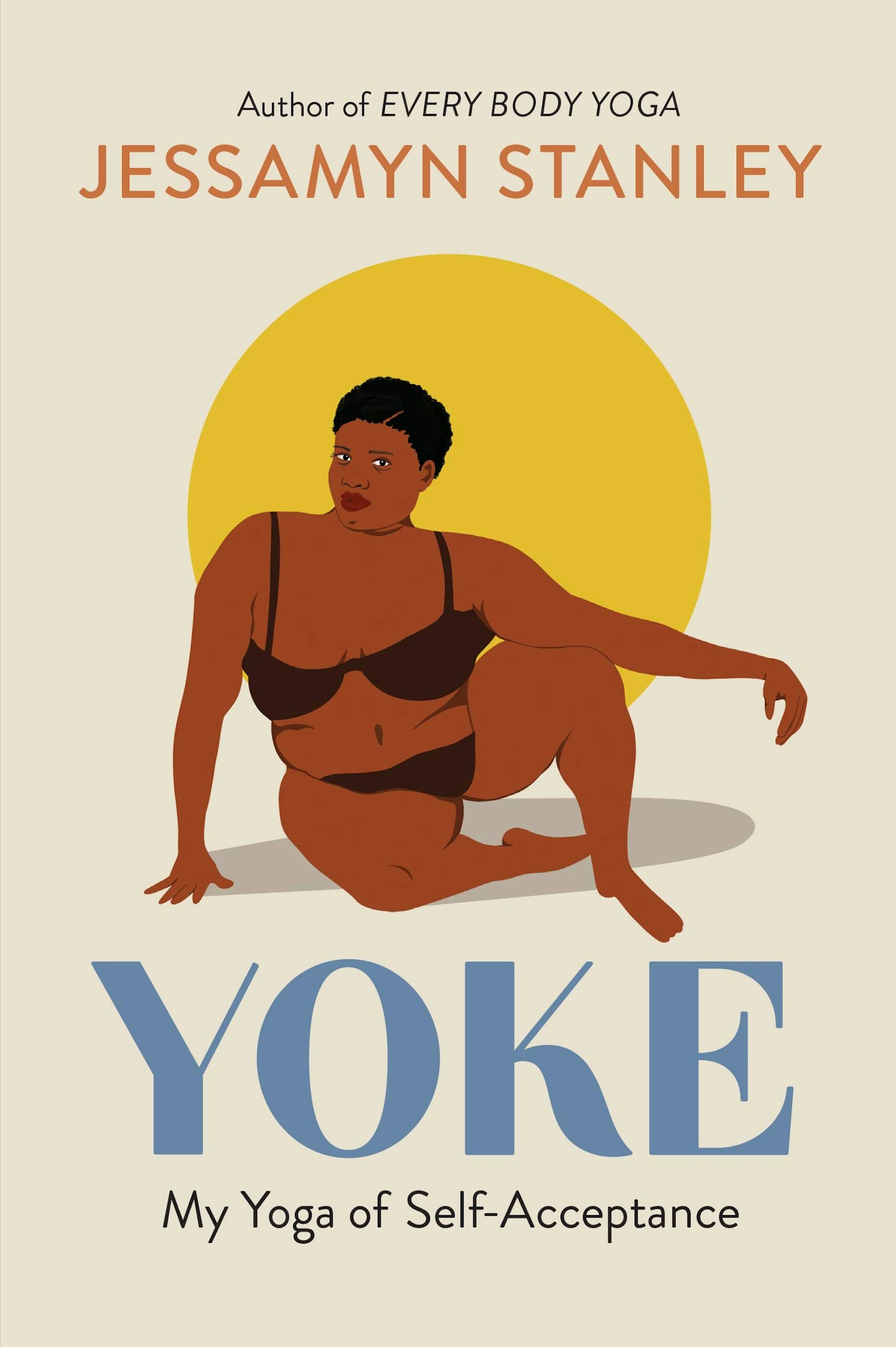 27 of 33
27 of 33Yoke: My Yoga of Self-Acceptance by Jessamyn Stanley
Yoke is about finding acceptance within yourself both on and off the Yoga mat. Jessamyn Stanley calls on a larger idea on the yoga of everyday life. In a series of deeply honest, funny autobiographical essays, Jessamyn explores everything from imposter syndrome to loving yourself, all through the lens of yoke.
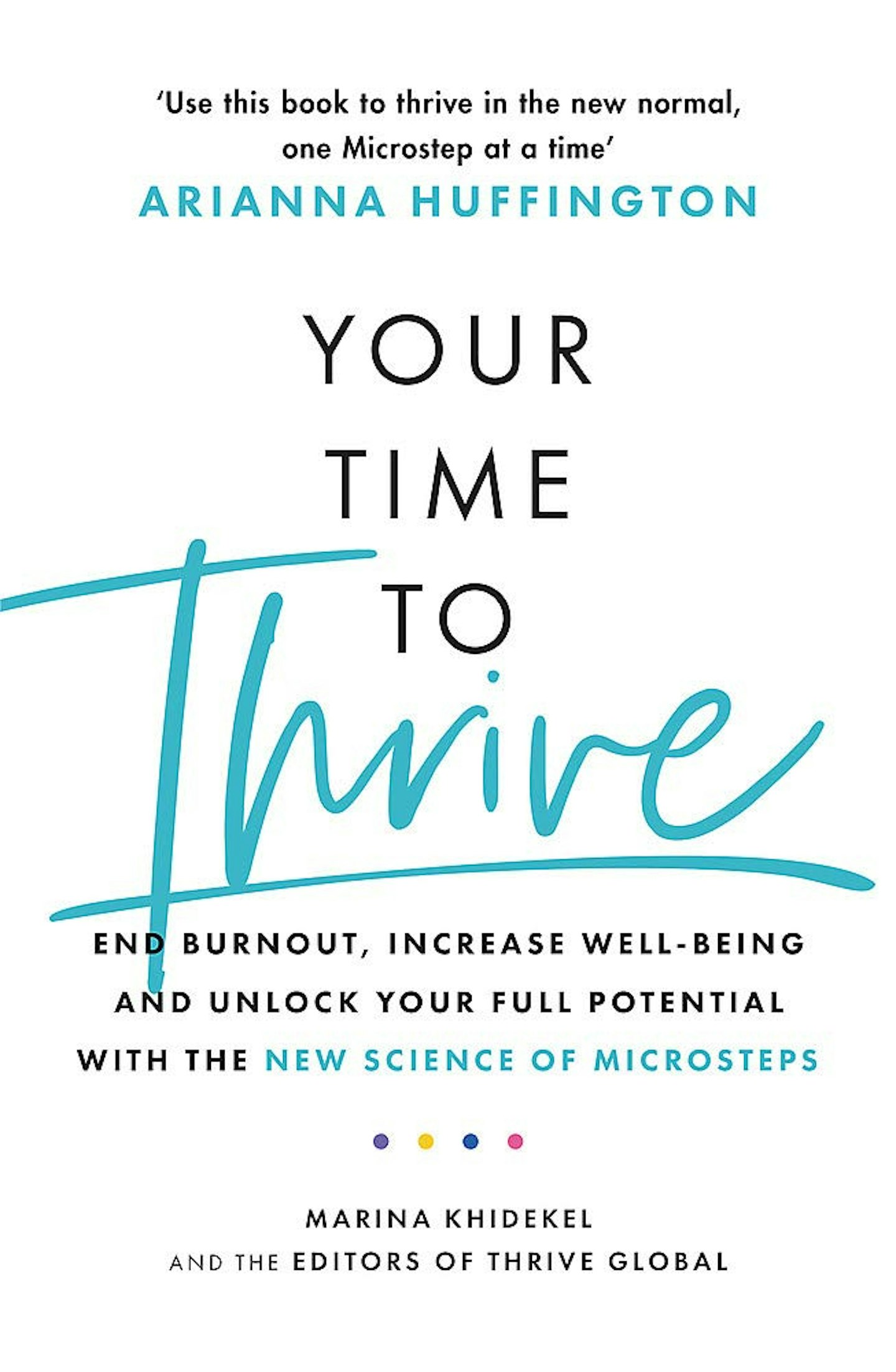 28 of 33
28 of 33Your Time to Thrive by Marina Khidekel
A guide to help readers build new habits that improve their lives for the better and allow them to thrive. Time to Thrive suggests exercises based on Microsteps - tiny, science-backed changes. By making them too-small-to fail, we can incorporate them into our daily lives right away, and begin building healthier ways of living and working.
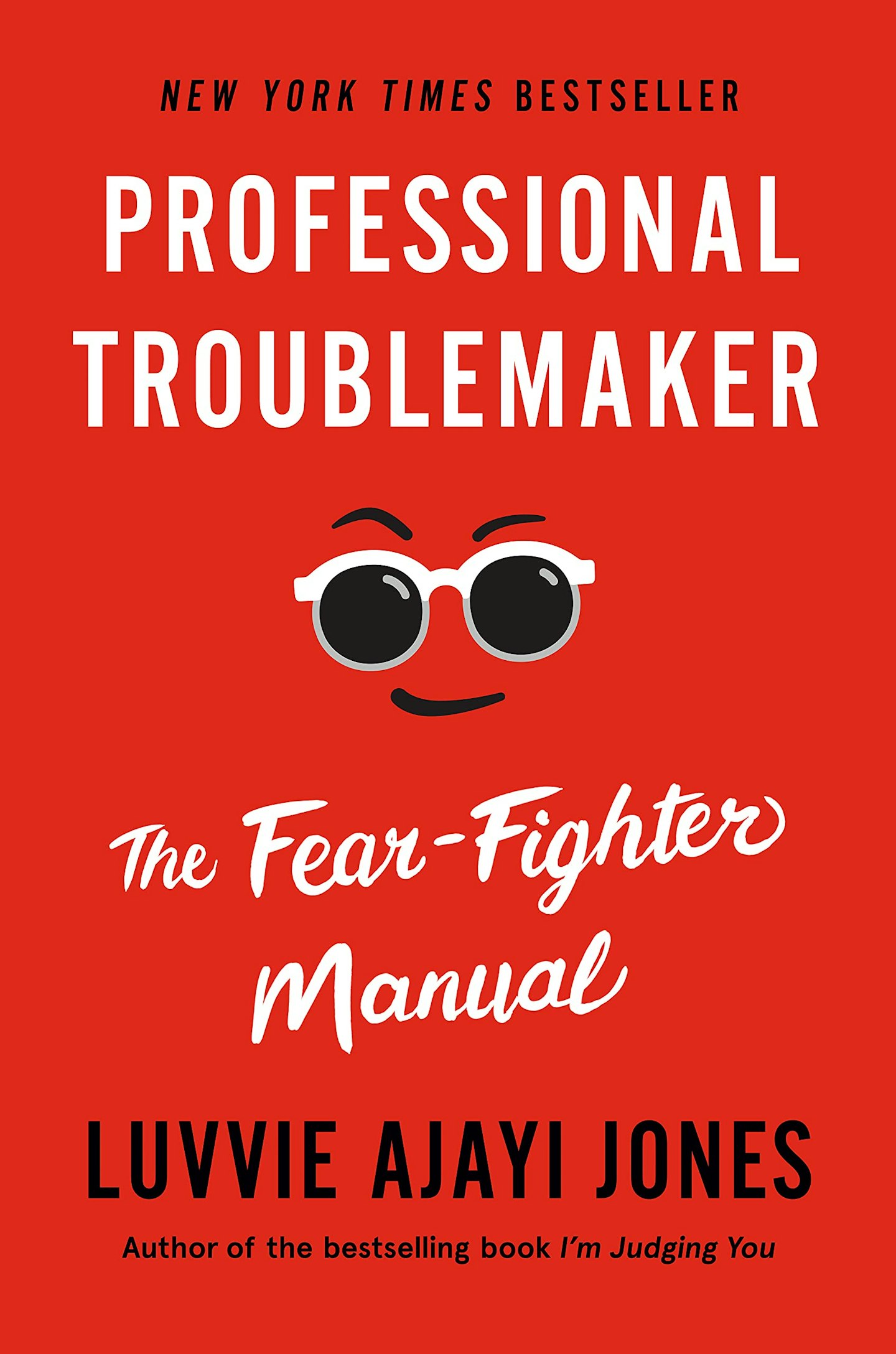 29 of 33
29 of 33The Fear-Fighter Manual: Professional Troublemaker by Luvvie Ajayi Jones
Luvvie is a Nigerian author, speaker and digital strategist. This New-York Times best seller is about how to live boldly in spite of all the reasons we have to cower. Prepare for humour, perpetual truth telling and warmth as Luvvie walks us through what we must get right within ourselves before we can do the things that scare us.
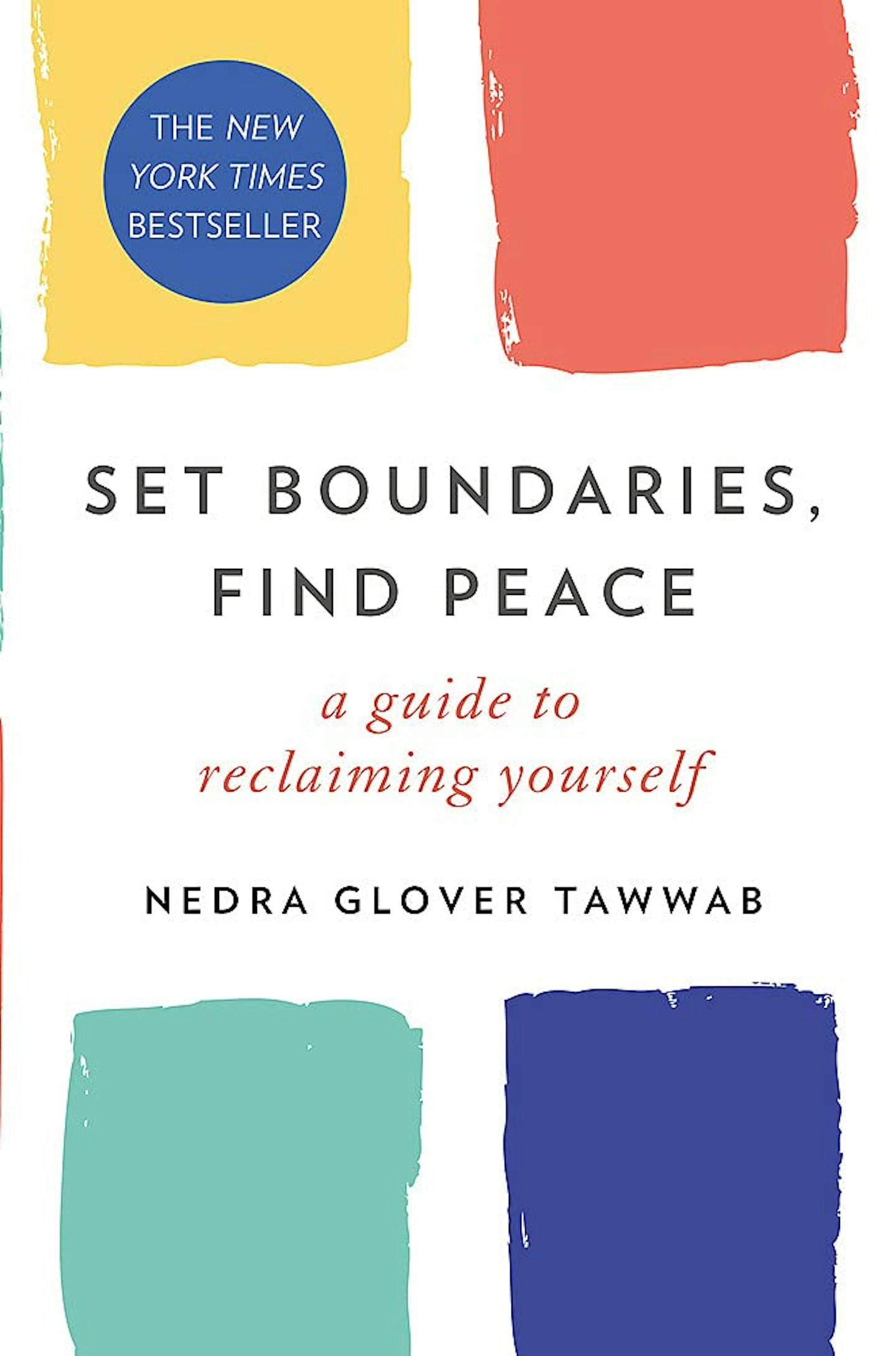 30 of 33
30 of 33Set Boundaries, Find Peace : A Guide To Reclaiming Yourself by Nedra Glover Tawwab
Set Boundaries, Find Peace presents simple-yet-powerful ways to establish healthy boundaries in all aspects of life. Drawing on the latest research in Cognitive behavioural therapy (CBT) techniques - this guide helps us to search for the root of problems within codependency, power struggles, anxiety, depression and burnout.
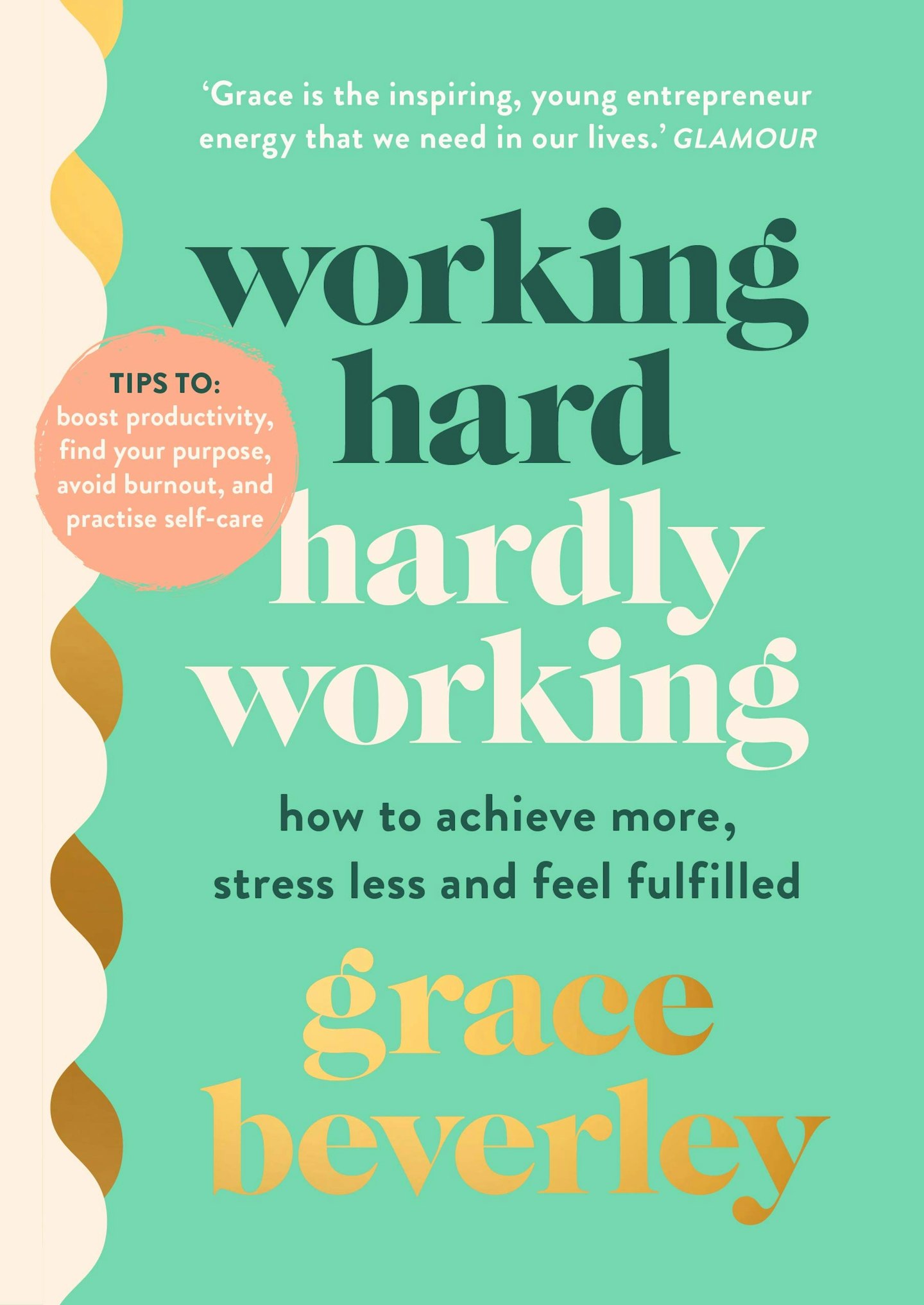 31 of 33
31 of 33Working Hard, Hardly Working by Grace Beverley
This past year especially, there has been a particular emphasis on working 24/7 while simultaneously being told we should relax and take care of ourselves. In today's complex working wold this can be hard to differentiate. Working Hard, Hardly Working, entrepreneur and self-proclaimed 'lazy workaholic' Grace Beverley challenges this unrealistic and unnecessary split, and offers a fresh take on how to create your own balance, be more productive and feel fulfilled.
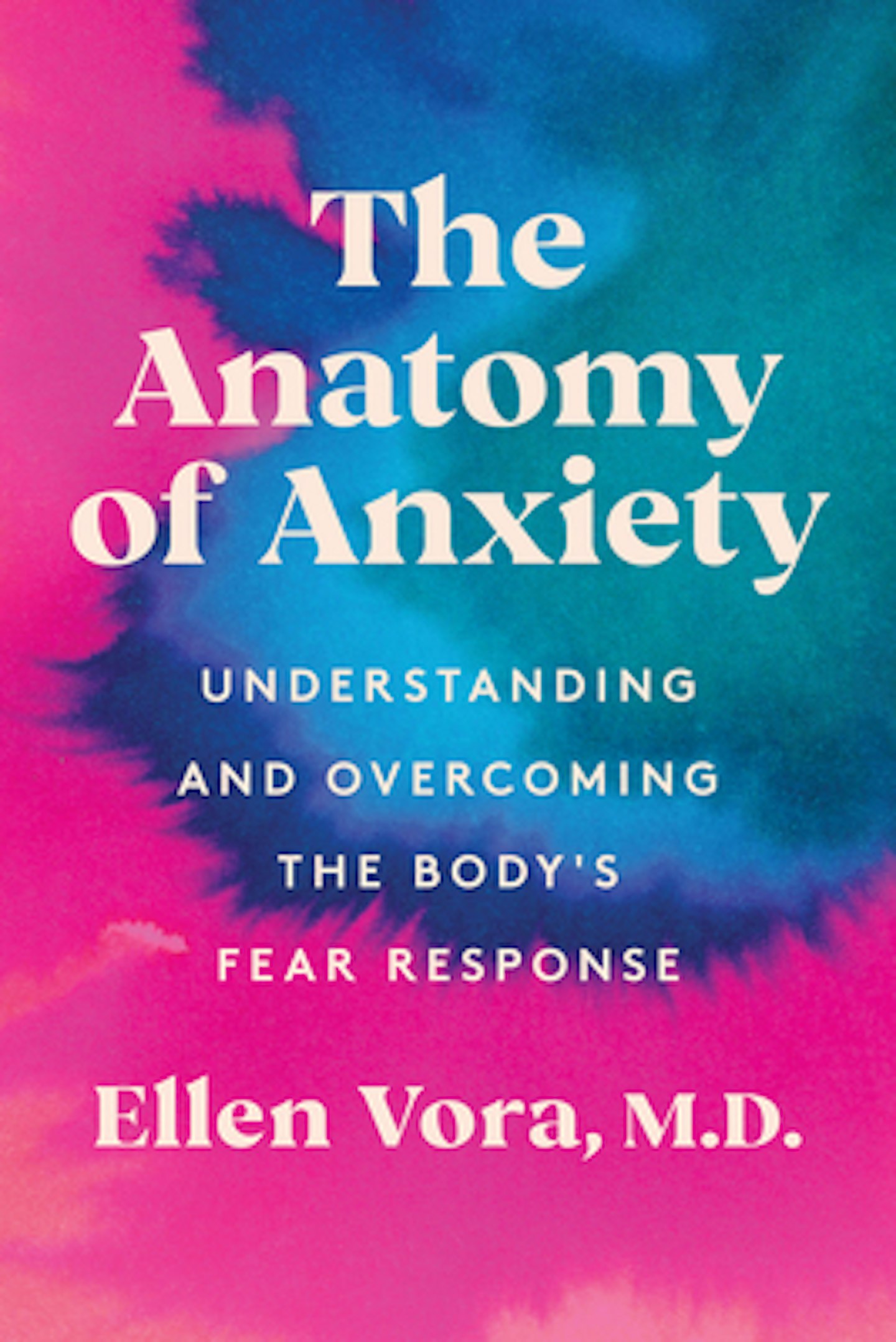 32 of 33
32 of 33The Anatomy Of Anxiety: Understanding And Overcoming The Body's Fear Response
Psychiatrist Dr Ellen Vora challenges the conventional view of anxiety as a mental disorder, suggesting instead that much of what we call anxiety begins in the body. Rather than our troubled thoughts creating physical symptoms, she argues that many types of anxiety are the result of states of imbalance in our bodies, whether blood sugar crashes, caffeine highs or sleep deprivation.
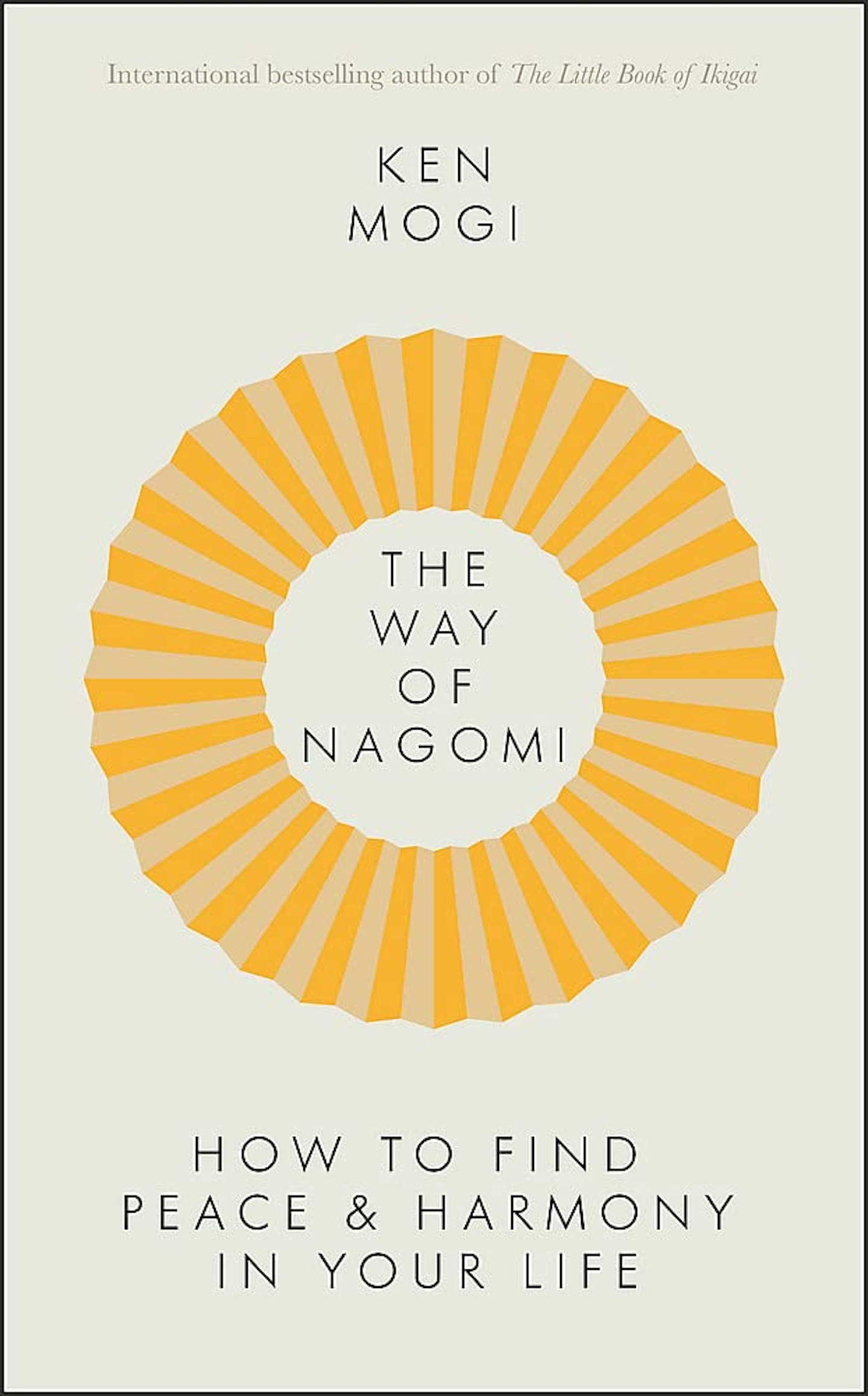 33 of 33
33 of 33The Way Of Nagomi: The Japanese Secret To A Harmonious Life
A popular concept in Japan, nagomi exemplifies a state of being where good and bad things live in balance with each other. Neuroscientist and bestselling writer Ken Mogi examines the philosophy of nagomi and how seeking to balance both happiness and sadness – instead of simply seeking the former – will help us achieve a sense of harmony, productivity and satisfaction in our lives both in the short and long-term.
READ MORE: Food, Health, Money: How To Harness The Power Of Habits
